An In-Depth Analysis of the Most Valuable Chess Piece
Chess, an ancient game of strategy and wits, involves two players, each controlling sixteen pieces: one king, one queen, two rooks, two bishops, two knights, and eight pawns, all moving differently across the board with the ultimate aim to checkmate the opponent's king. Among these pieces, the value assigned to each has been a subject of analysis and debate among chess enthusiasts and professionals alike. Determining which piece is the most valuable can depend on various factors, including the phase of the game, the position on the board, and specific tactical situations. This article seeks to explore these elements to identify the most valuable chess piece, supported by strategic insights and expert opinions.
Understanding the Basic Value of Chess Pieces
In the game of chess, each piece has a generally accepted point value which serves as a basic guideline to help players make decisions about exchanges and sacrifices. These are fundamental in chess strategy and help in evaluating positions. Here are typical values assigned to each piece:
- Pawns: 1 point
- Knights: 3 points
- Bishops: 3 points
- Rooks: 5 points
- Queens: 9 points
- Kings: Infinite, as the loss of the king signifies the loss of the game.
These values are a baseline for decision-making but do not encapsulate the full strategic depth and situational versatility of each piece.
The King: The Priceless Leader
The king, while not typically thought of when considering the strength of a piece due to its limited range of movement (one square in any direction), is unquestionably the most crucial piece in the game. The entire objective of chess is to corner the opposing king, and thus, despite its vulnerability and restricted movement, it is the soul of every chess game. In the endgame, the king transforms from a passive figure into a dominant force, often actively participating in the offense and defense.
The Queen: The Powerhouse of the Board
The queen is often considered the most powerful piece on the chessboard. It combines the power of a rook and a bishop, able to move any number of squares vertically, horizontally, or diagonally. This flexibility makes the queen extremely versatile and dangerous in various tactical situations. In practical gameplay, the loss of the queen is usually a devastating blow, often leading to a significant disadvantage or even a loss. However, the queen's value also makes it a significant target, and savvy players must carefully balance its offensive capabilities with defensive positioning.
Rooks: The Strategic Executors
Rooks come into their own in the middlegame and endgame, where their ability to control entire rows and columns can be used to cut off escape routes and dominate large swaths of the board. In the endgame, especially, rooks can be pivotal, capable of supporting promotion plays and restricting the movement of opposing kings. The value of rooks often increases relative to pawns as more pieces leave the board.
Bishops and Knights: The Tactical Specialists
Bishops and knights, each valued at three points, play unique roles in chess strategies. Bishops thrive in open positions where they can control long diagonals across the board. Their range and speed make them particularly potent in conjunction with a queen or a rook. Conversely, knights are valued for their ability to jump over other pieces, providing tactical opportunities that other pieces cannot. They are particularly effective in closed positions where other pieces may be hampered by pawns or other obstructions.
Often, the effectiveness of bishops versus knights depends heavily on the pawn structure and openness of the board. Bishops are generally preferable in open games with few obstructions, while knights excel in closed positions.
Why Pawns Matter More Than You Think
While individually weak, pawns have a collective strategic importance that can define the character of a game. Keys to structure, pawns control space and create pathways for major pieces to exert influence. Also, the potential of a pawn reaching the opposite end of the board to become a queen or another piece adds a layer of tactical depth. In many endgames, the simple advantage of an extra pawn can be the difference between a win and a draw.
Comparing Piece Value in Different Game Phases
The value of pieces can shift dramatically between the opening, middlegame, and endgame phases, adapting to the changing dynamics of the game. For example:
- Opening: Knights and bishops are typically more valuable as they can be developed quickly to control the center and prepare for kingside or queenside castling.
- Middlegame: Queens and rooks escalate in value as the board opens up, and the game's scope expands. Complex tactical skirmishes and the strategic depth of the game grow during this phase.
- Endgame: Kings increase in value as active participants in both offense and defense. Rooks and queens, if still in play, can decisively influence the game's outcome, whereas knights and bishops can excel or falter based on the position's openness and pawn structure.
Conclusion: Evaluating Chess Piece Value
Determining the most valuable chess piece is not straightforward and varies significantly depending on the game's circumstances. While the queen is objectively the most powerful piece in terms of range and mobility, and pawns the least powerful, each piece holds potential value that shifts in relation to the structure of the game and the unfolding positions. Chess is a dynamic game where the import of each piece is often decided not just by its inherent traits but by the player's creativity and strategy.
Therefore, while general guidelines on piece value are useful, the most valuable chess piece is ultimately the one that contributes most effectively to the specific situation on the board. This fluid valuation makes chess an endlessly fascinating and complex game, beloved by millions around the world.
Explore our large collection of luxurious chess sets!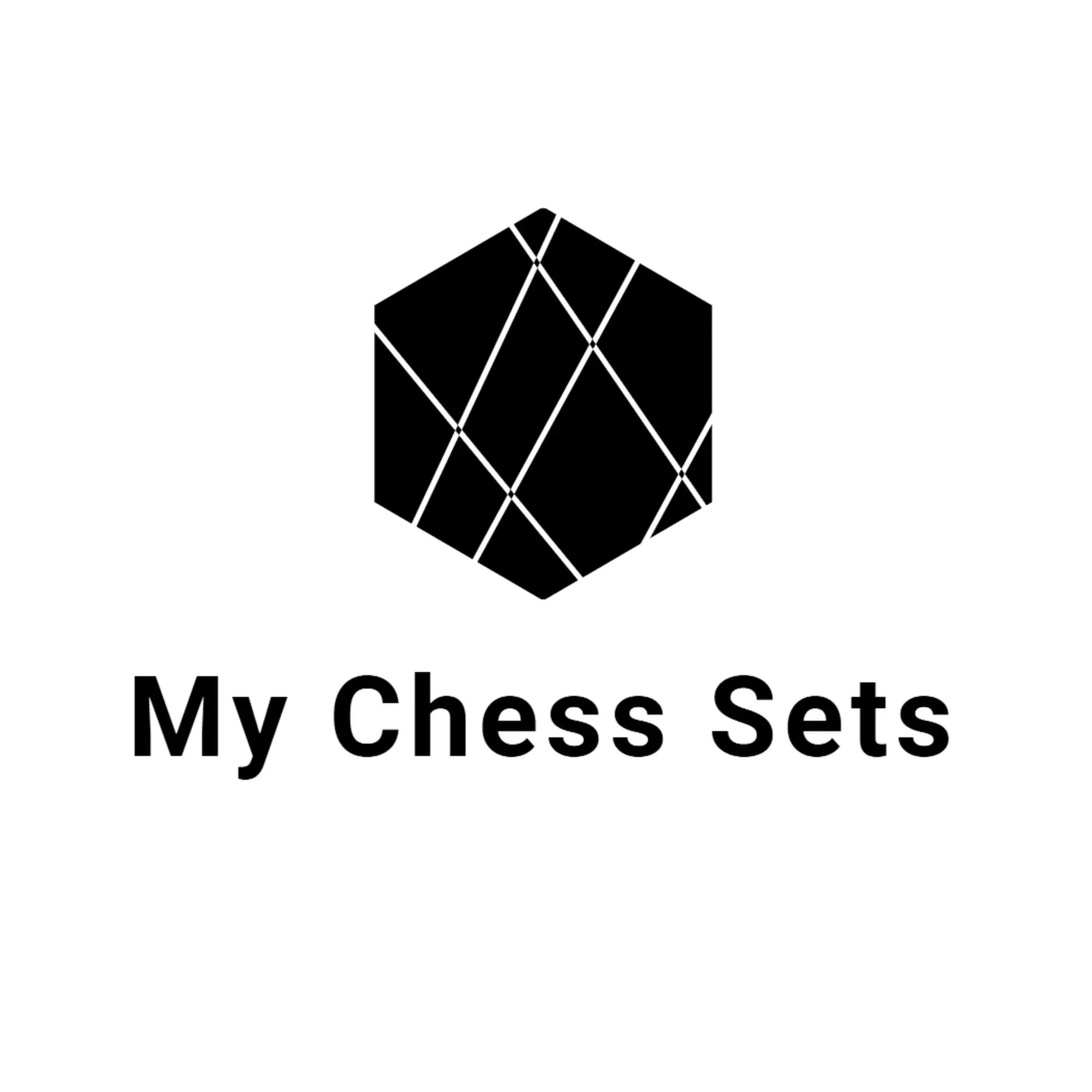
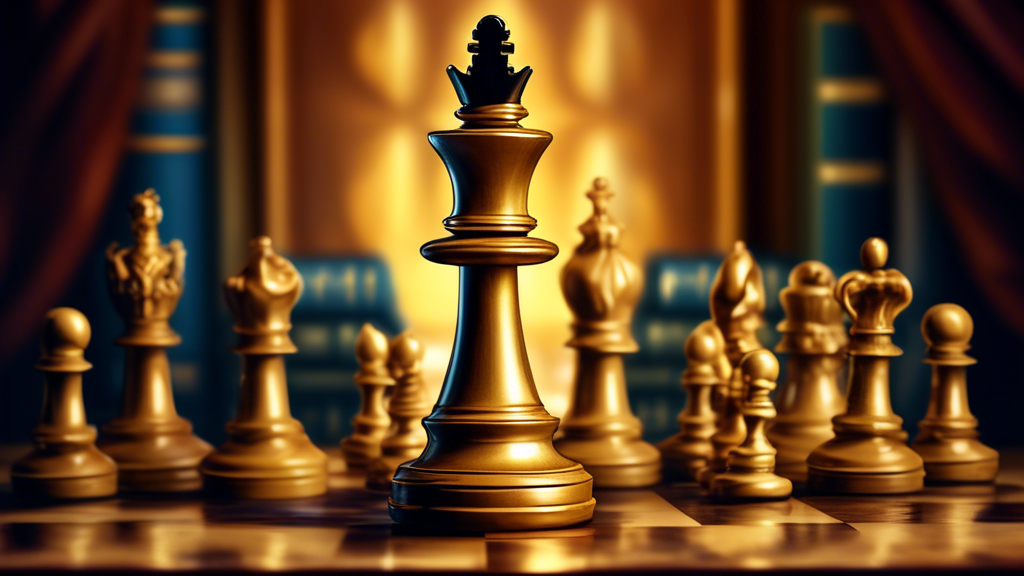
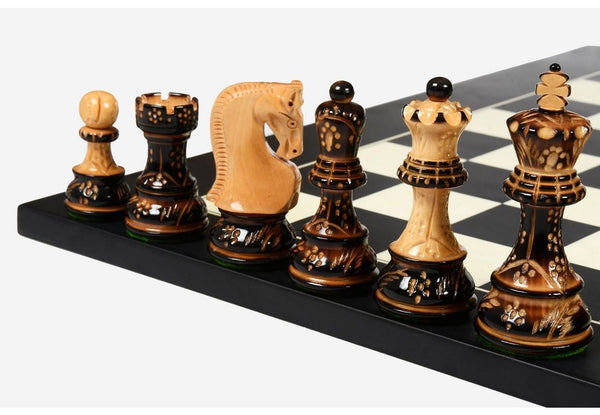
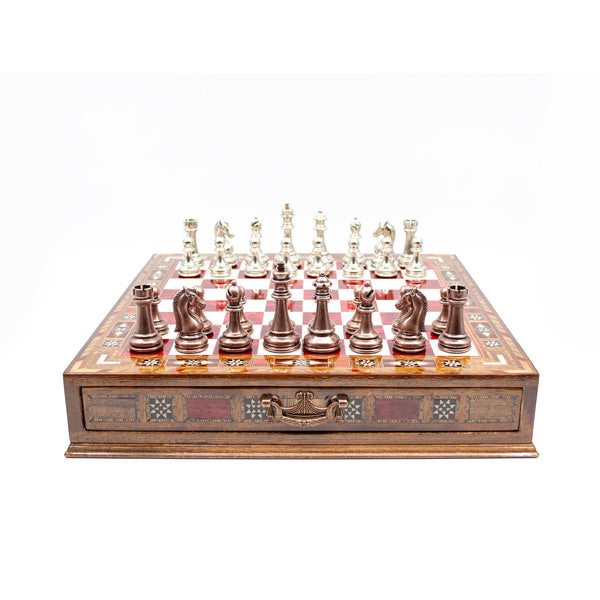
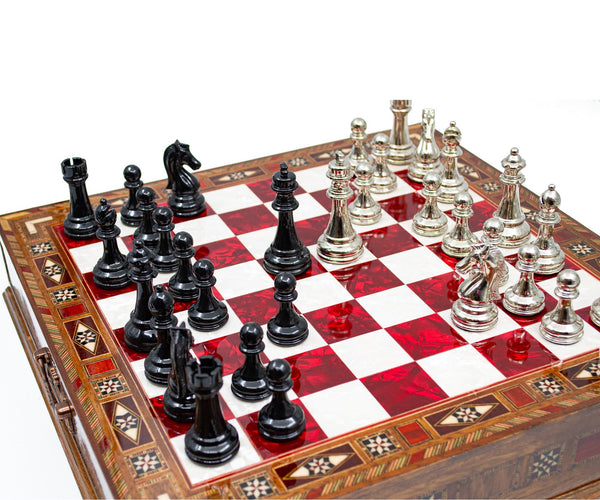
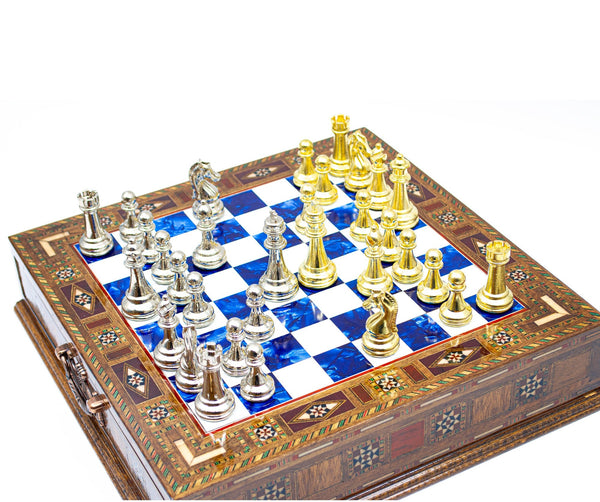
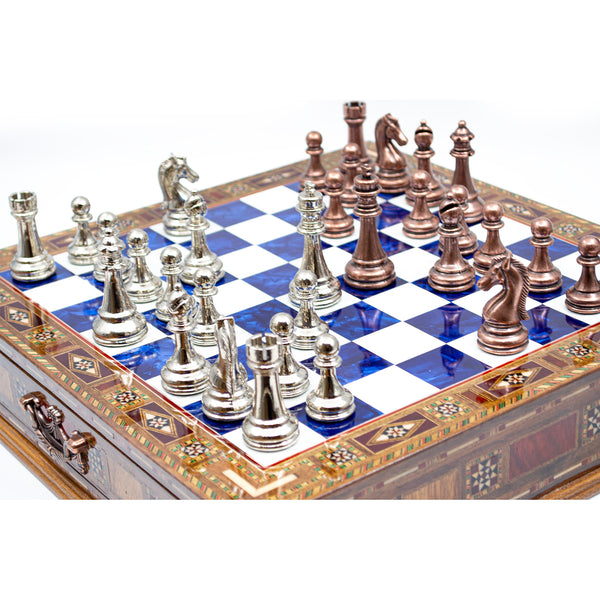
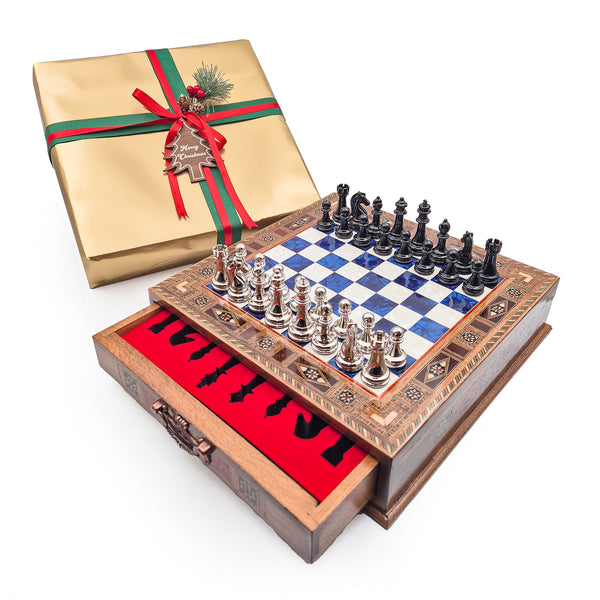
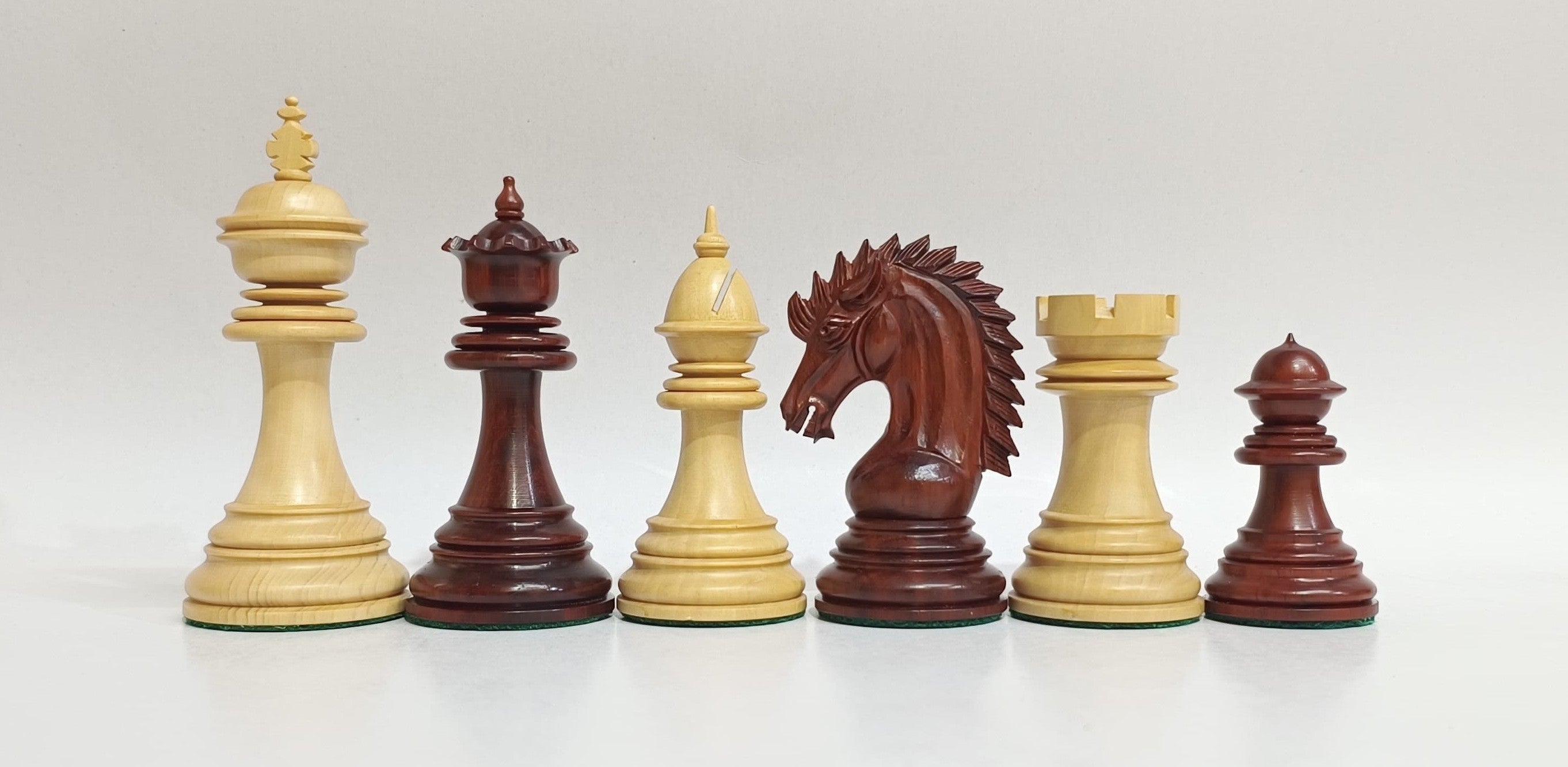
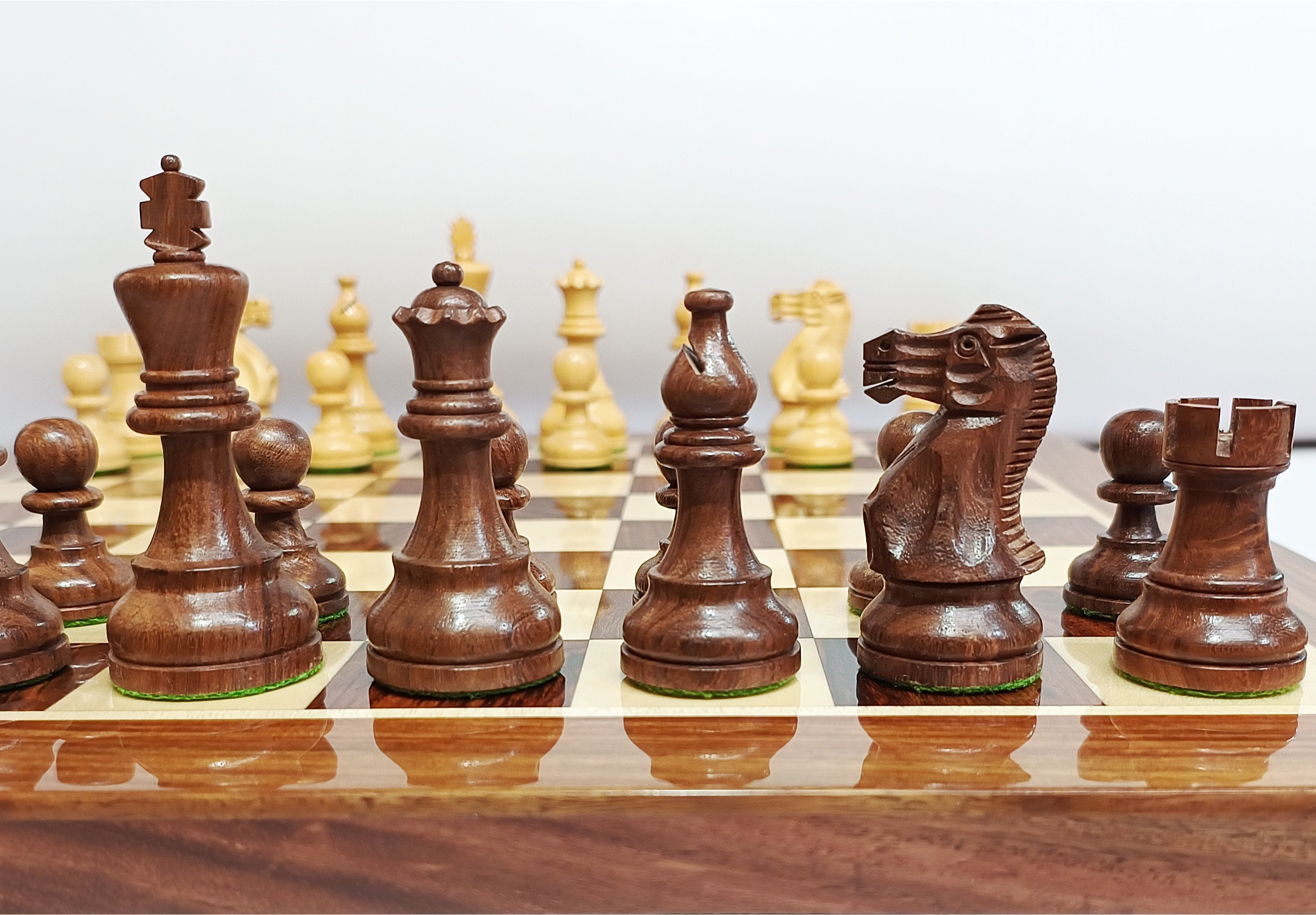
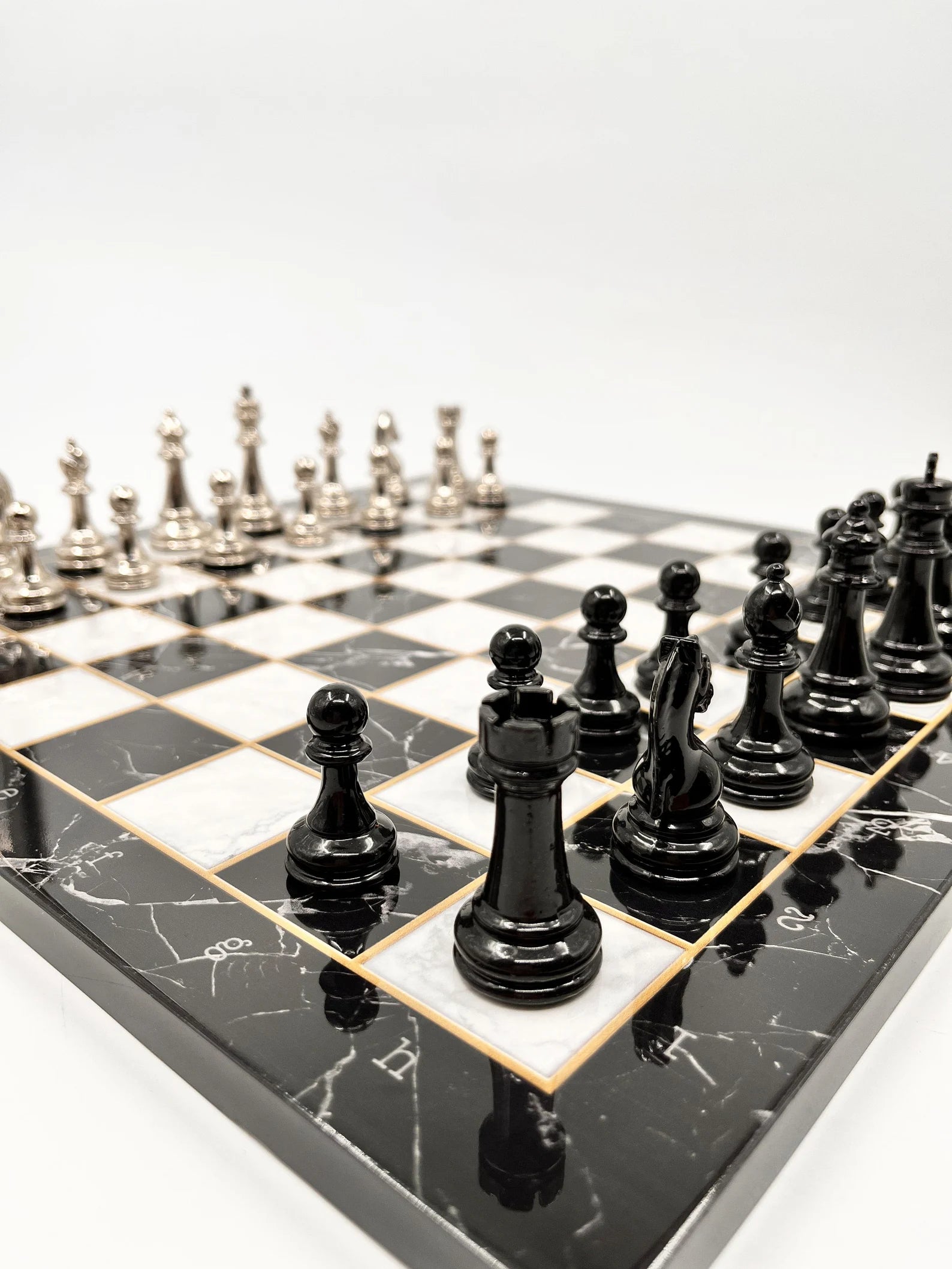
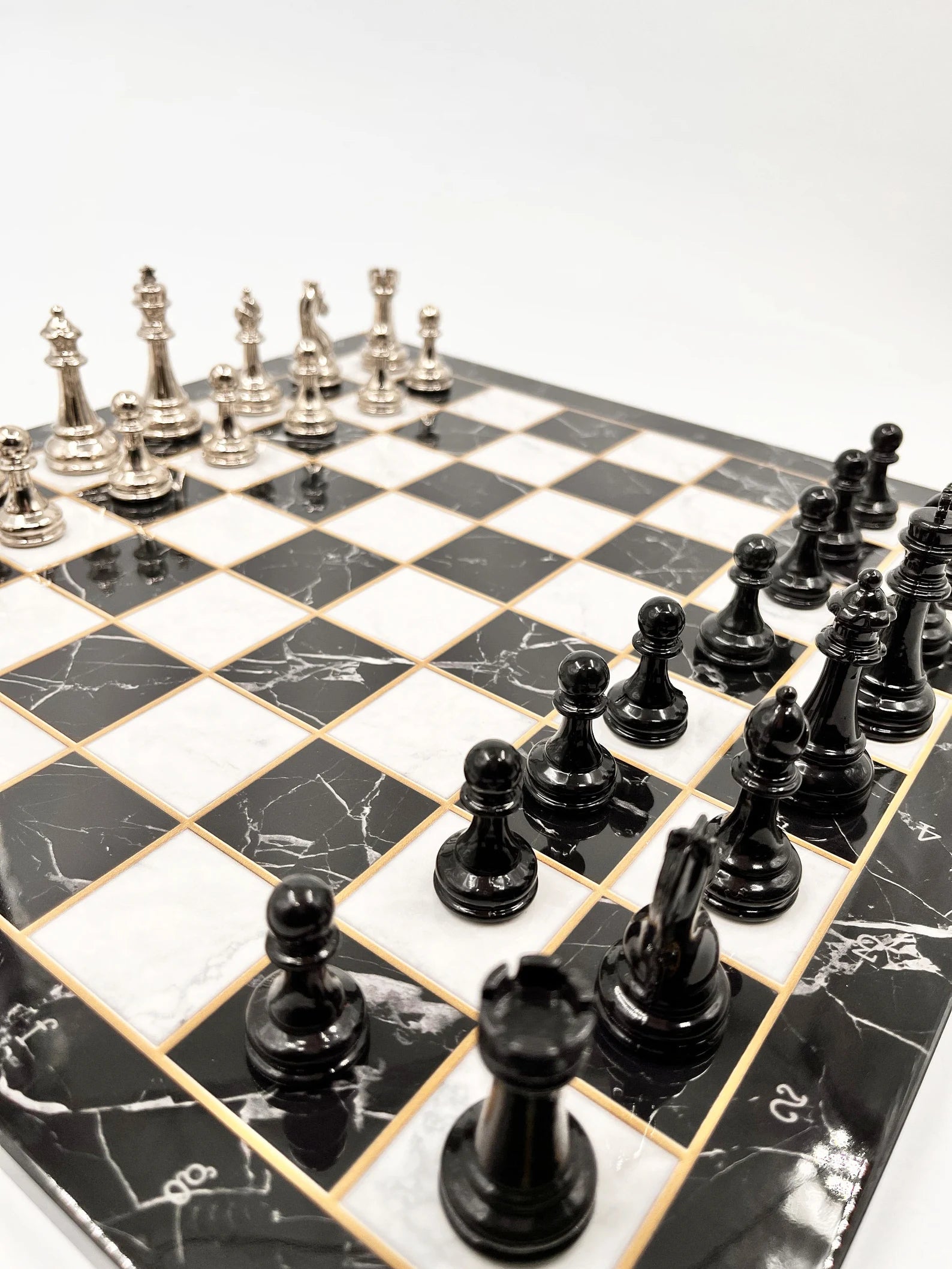
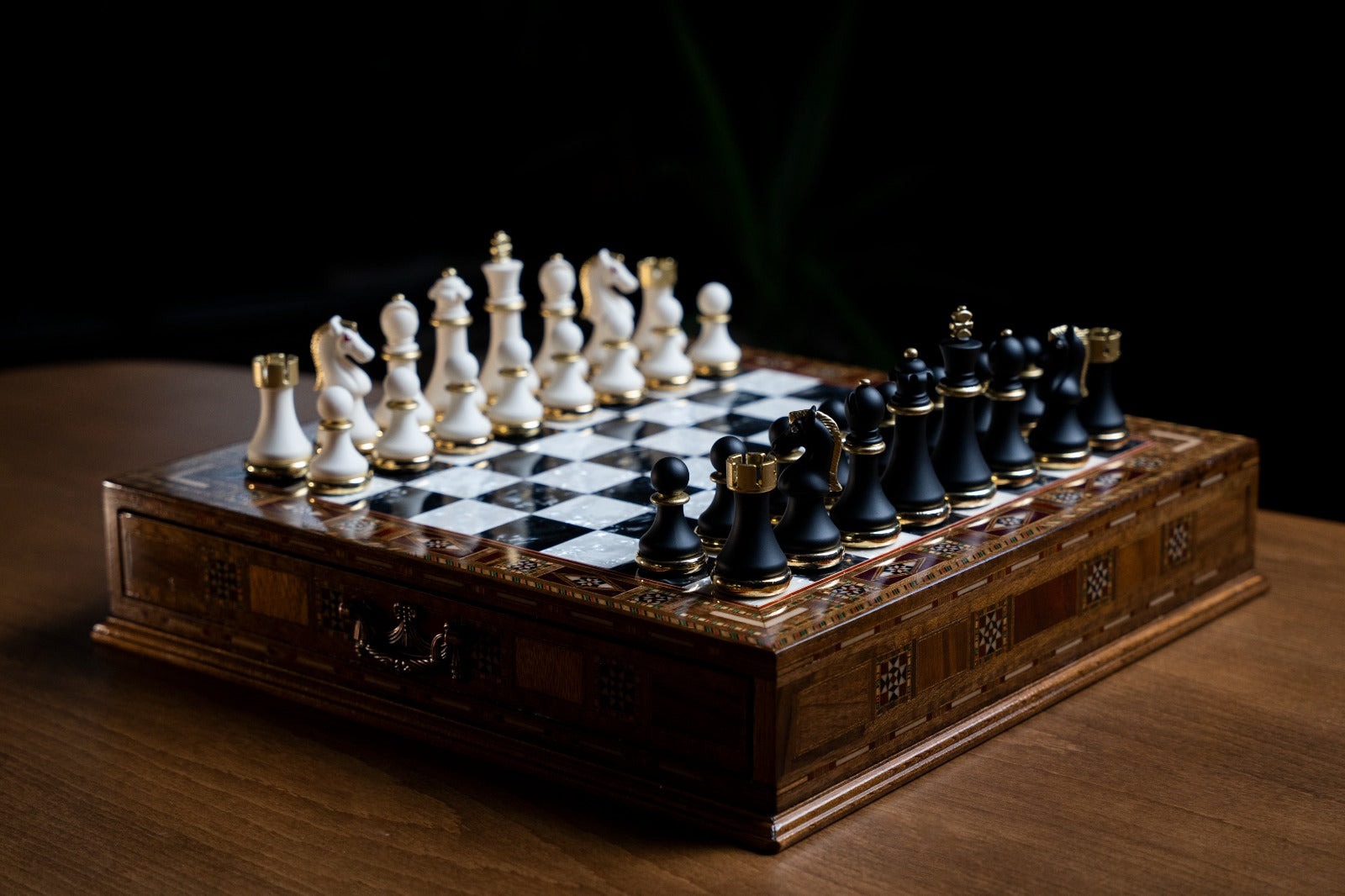
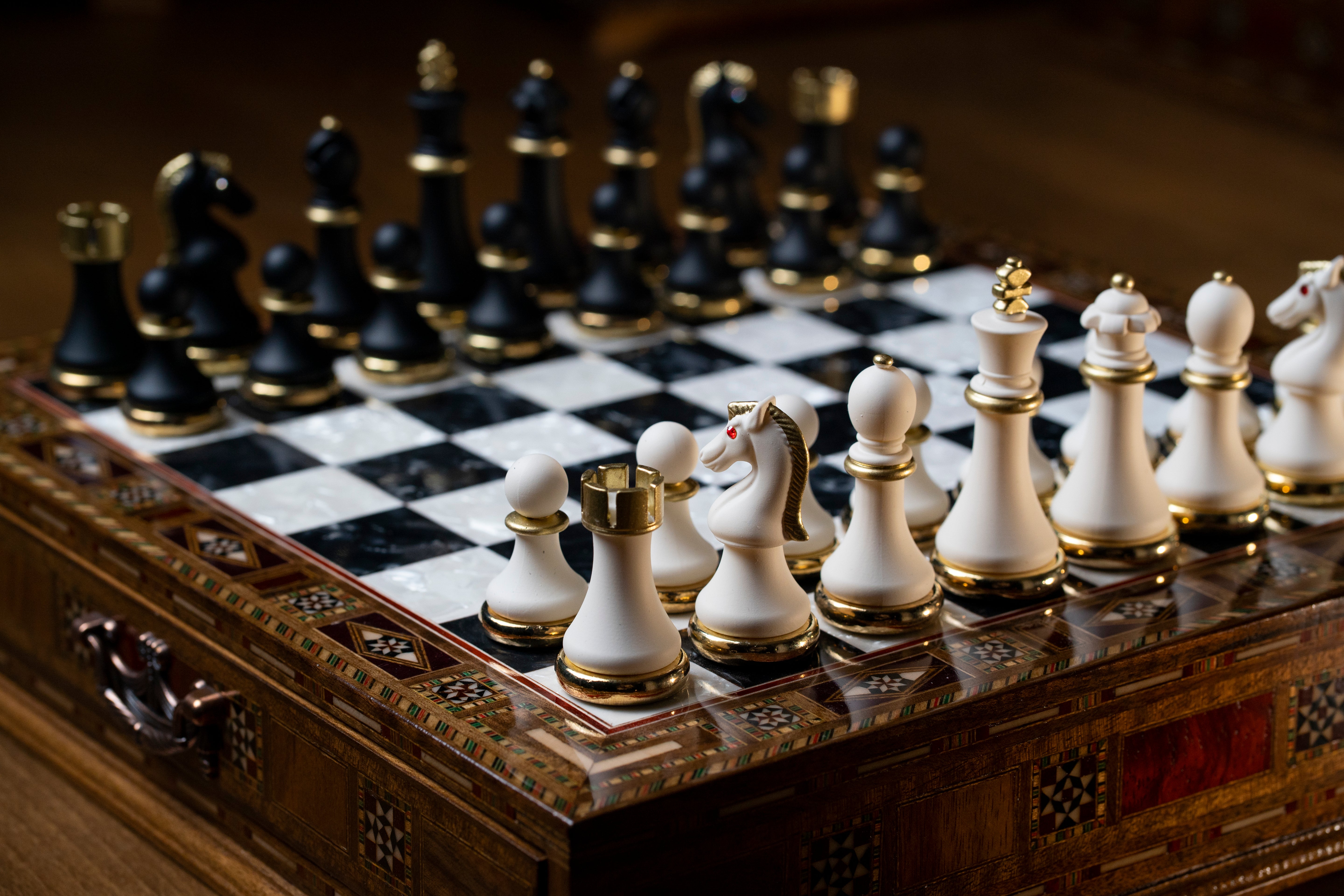
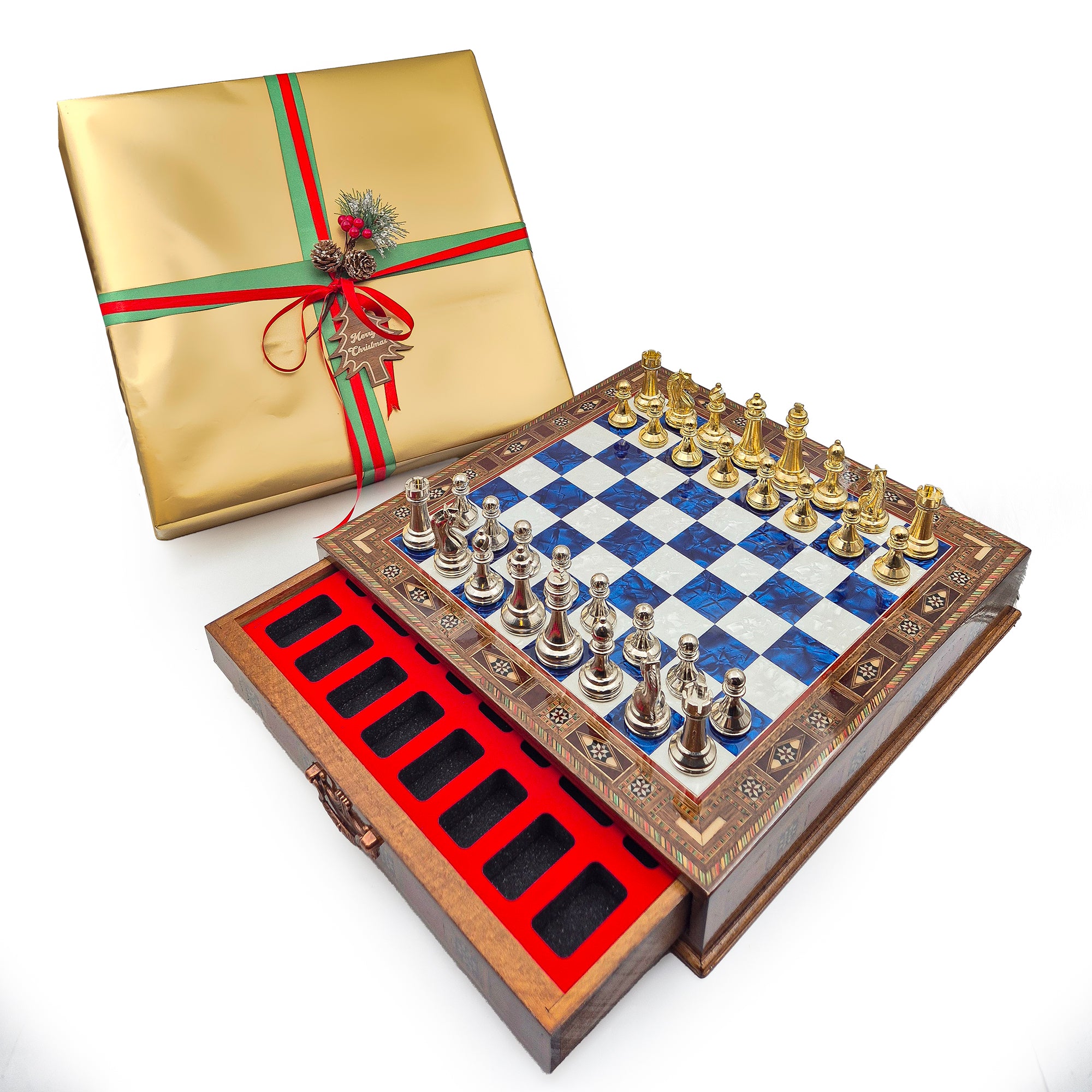
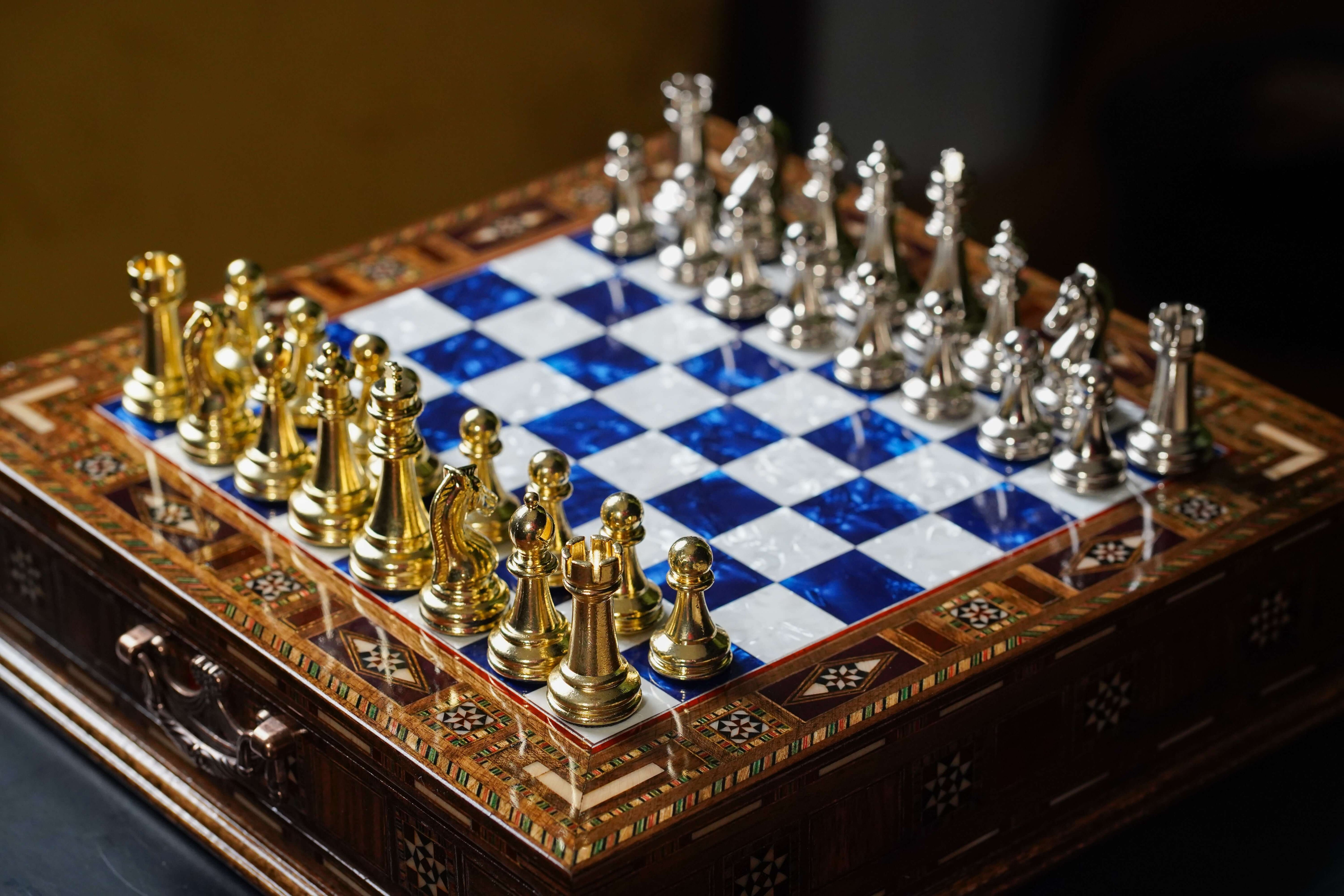
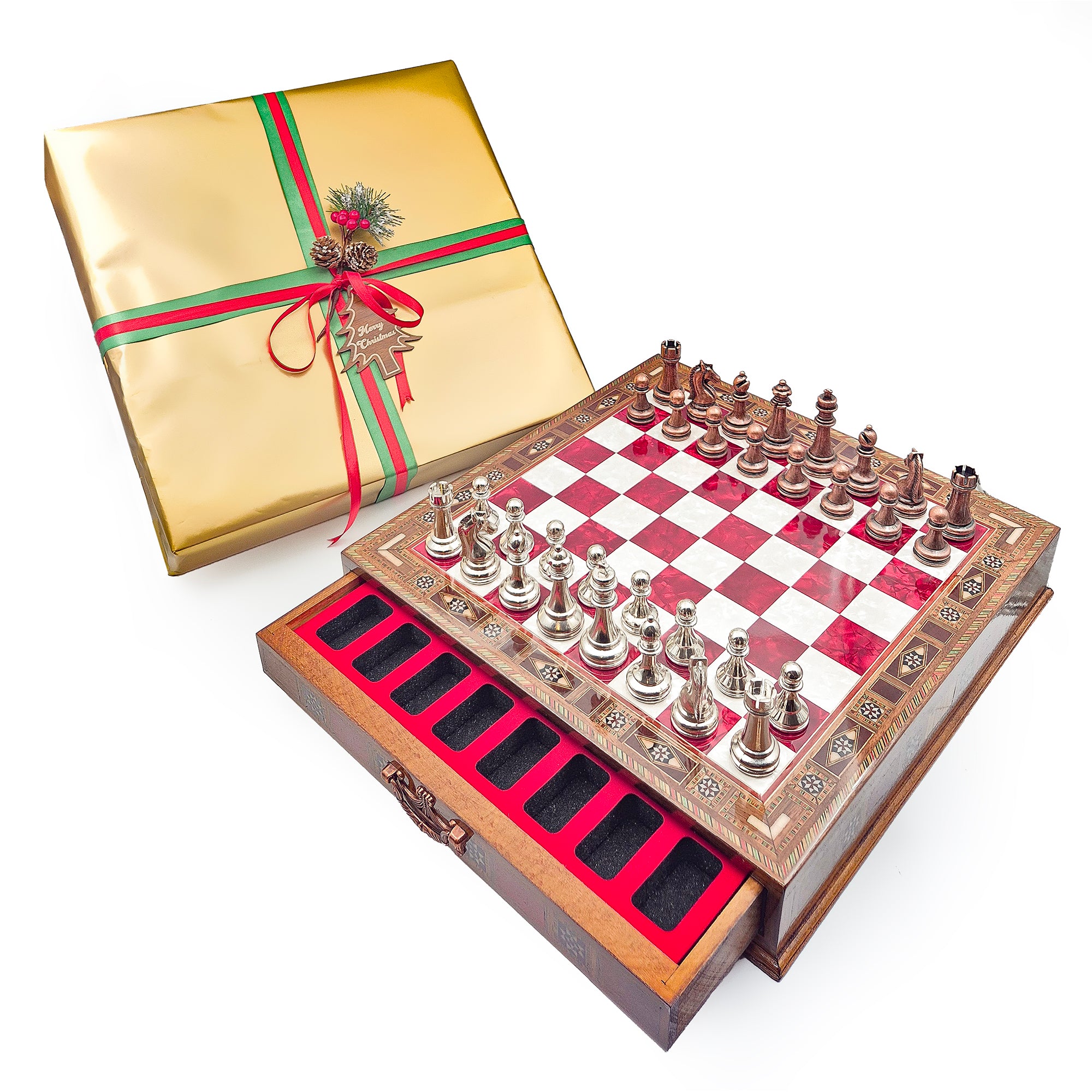
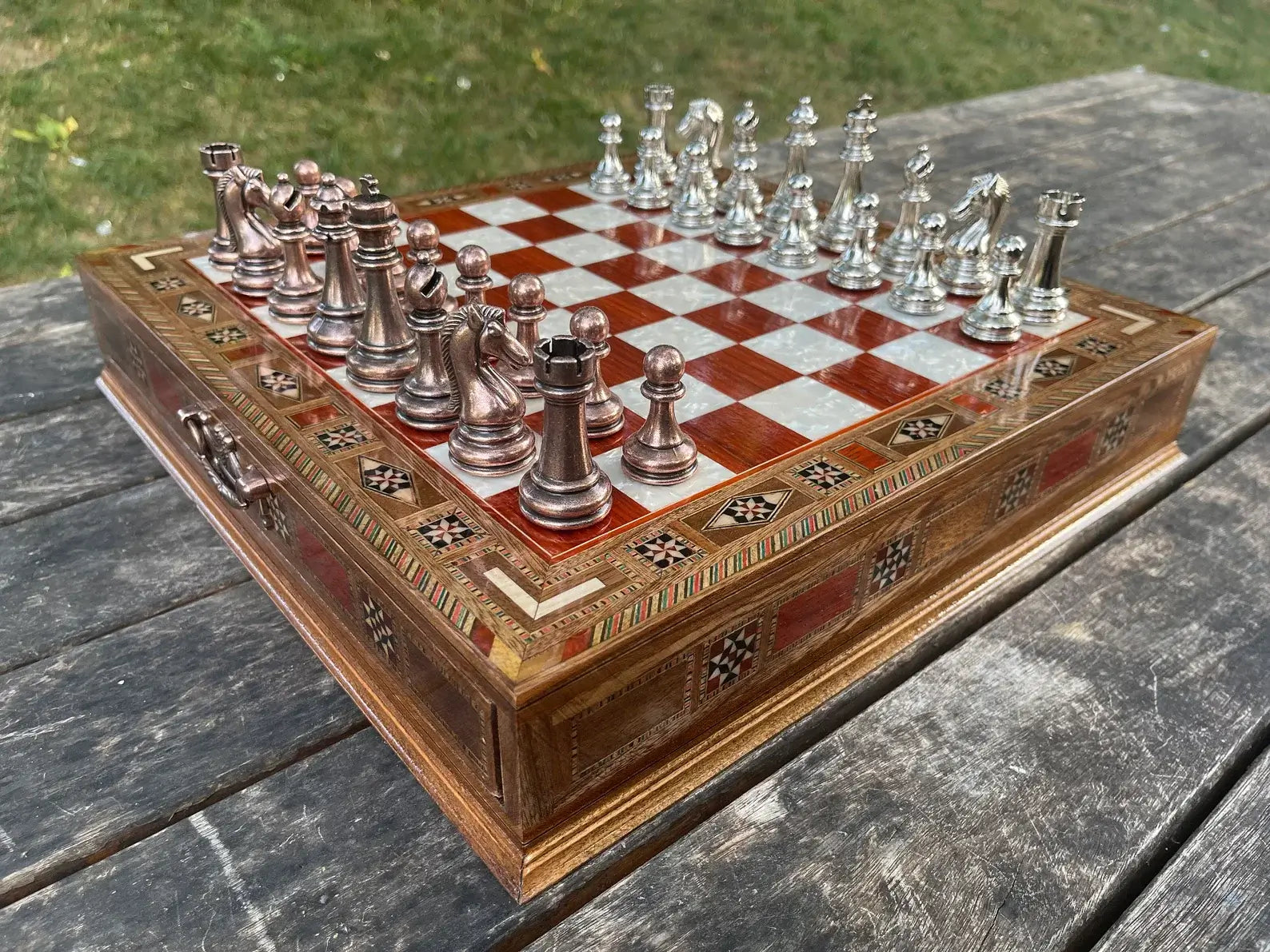
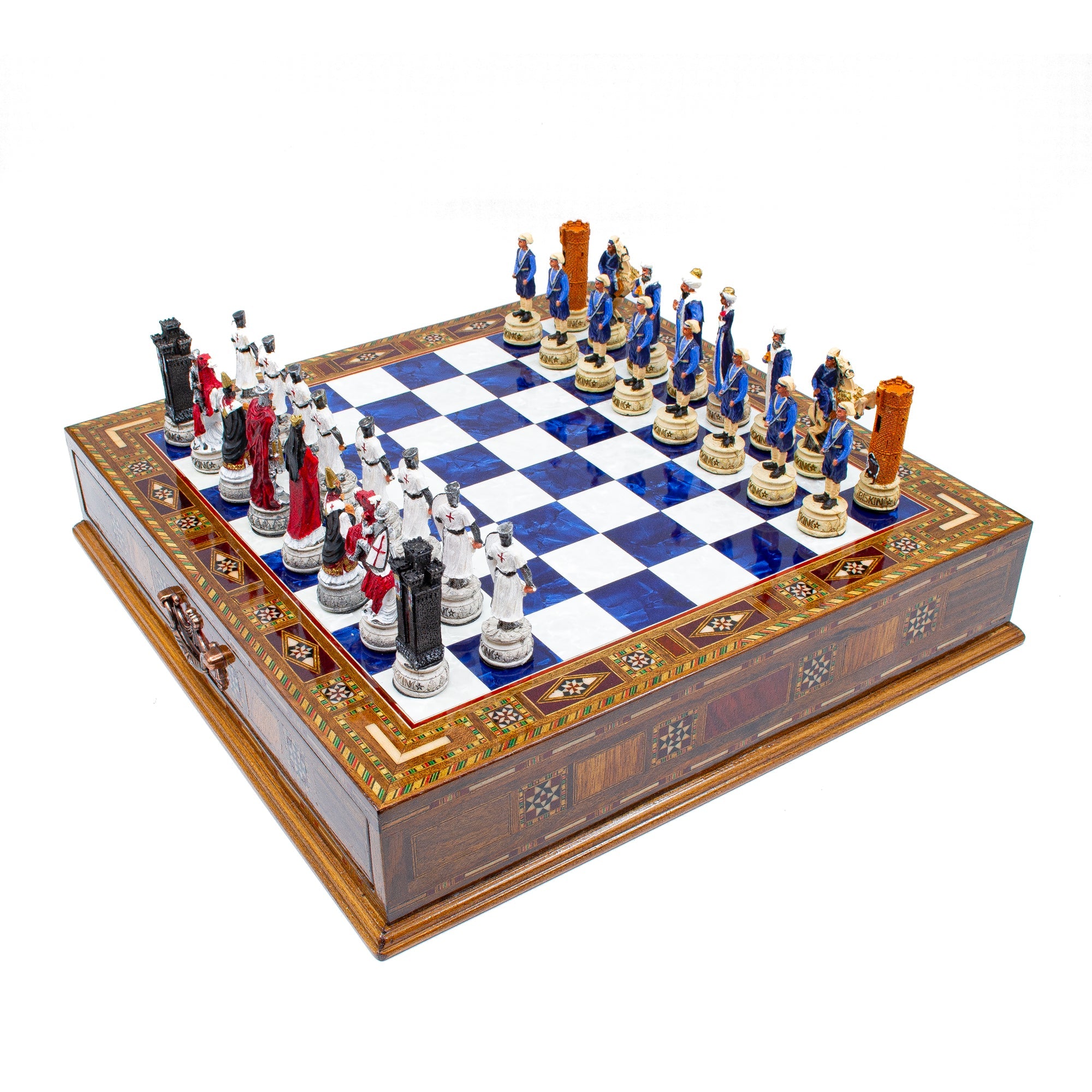
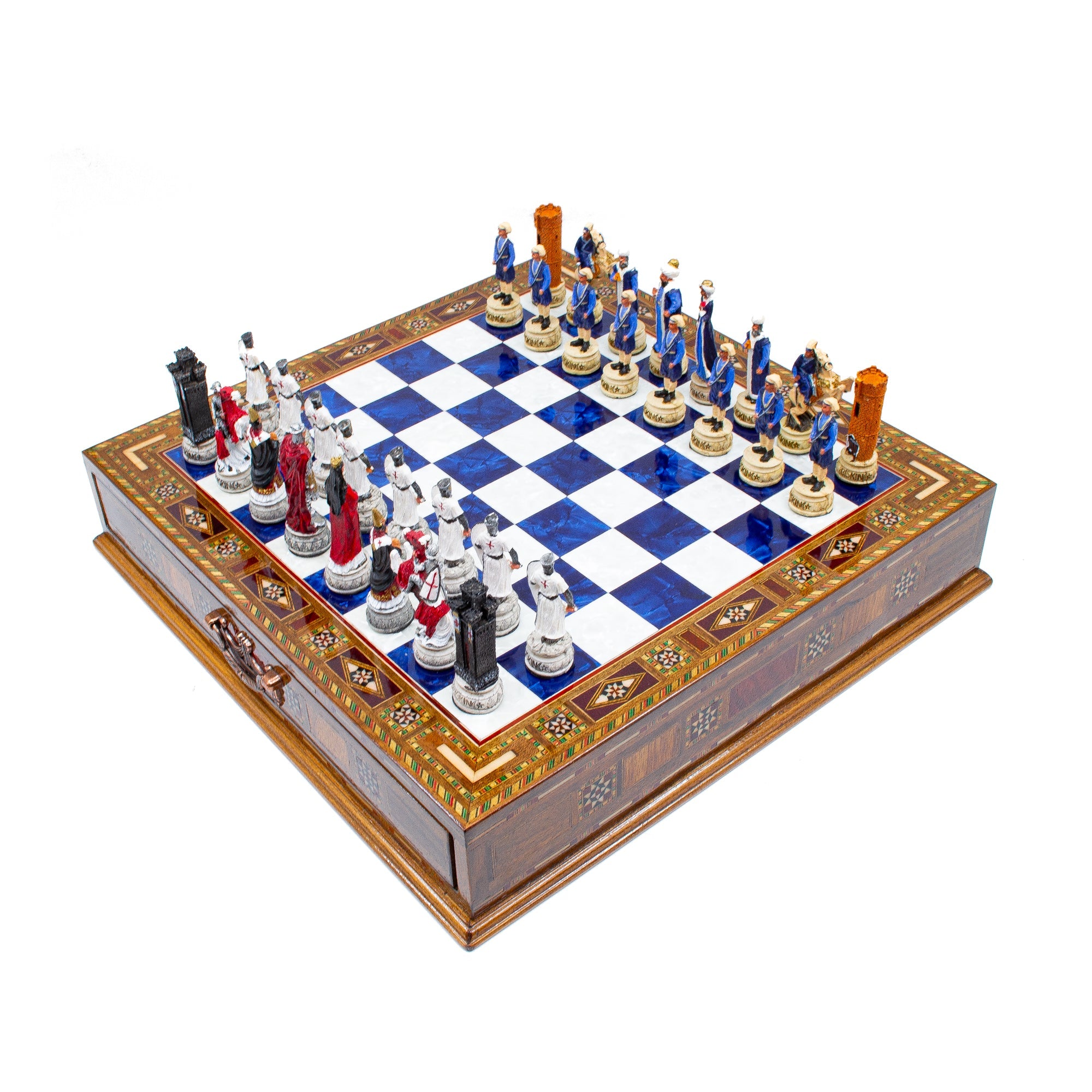
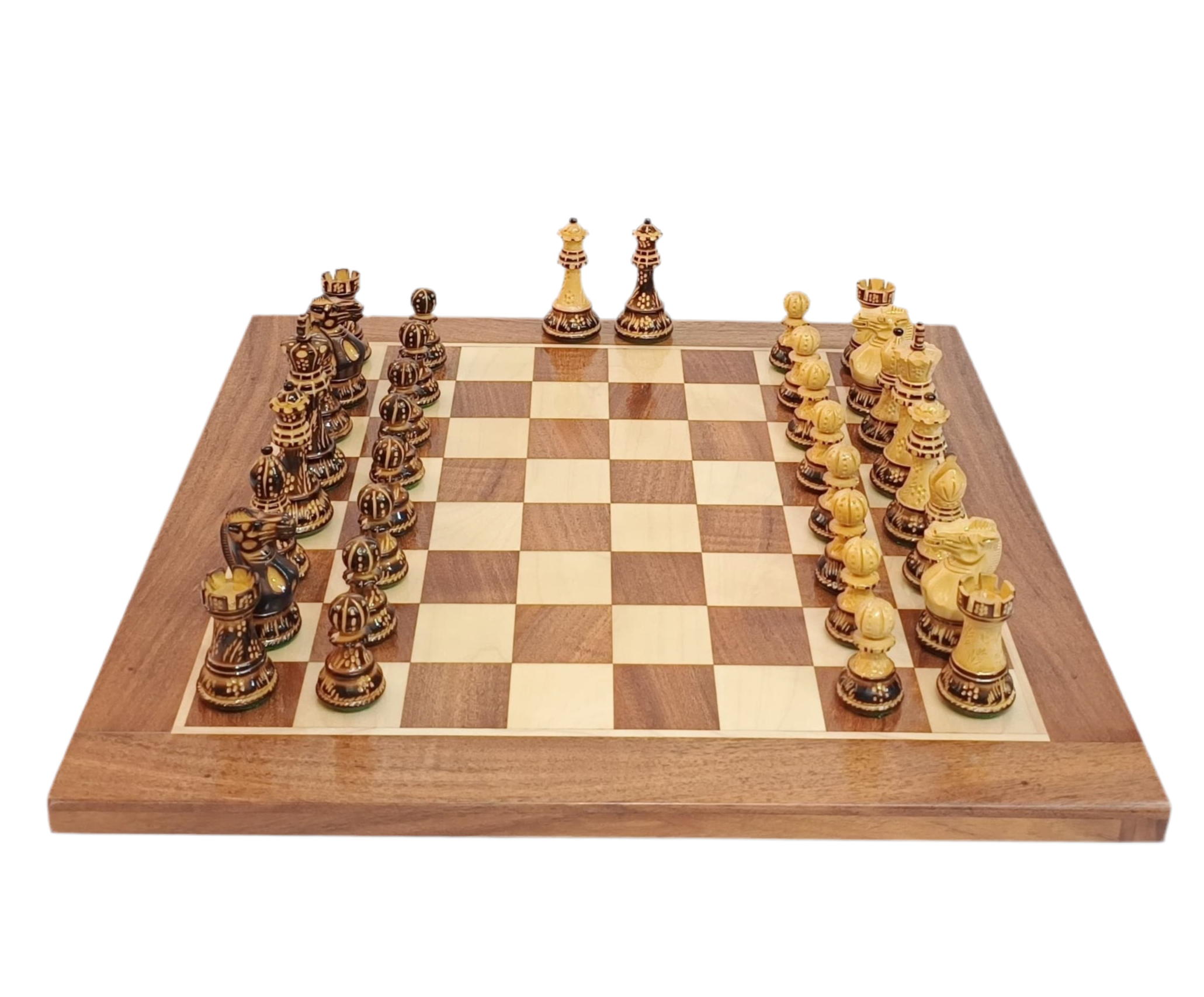
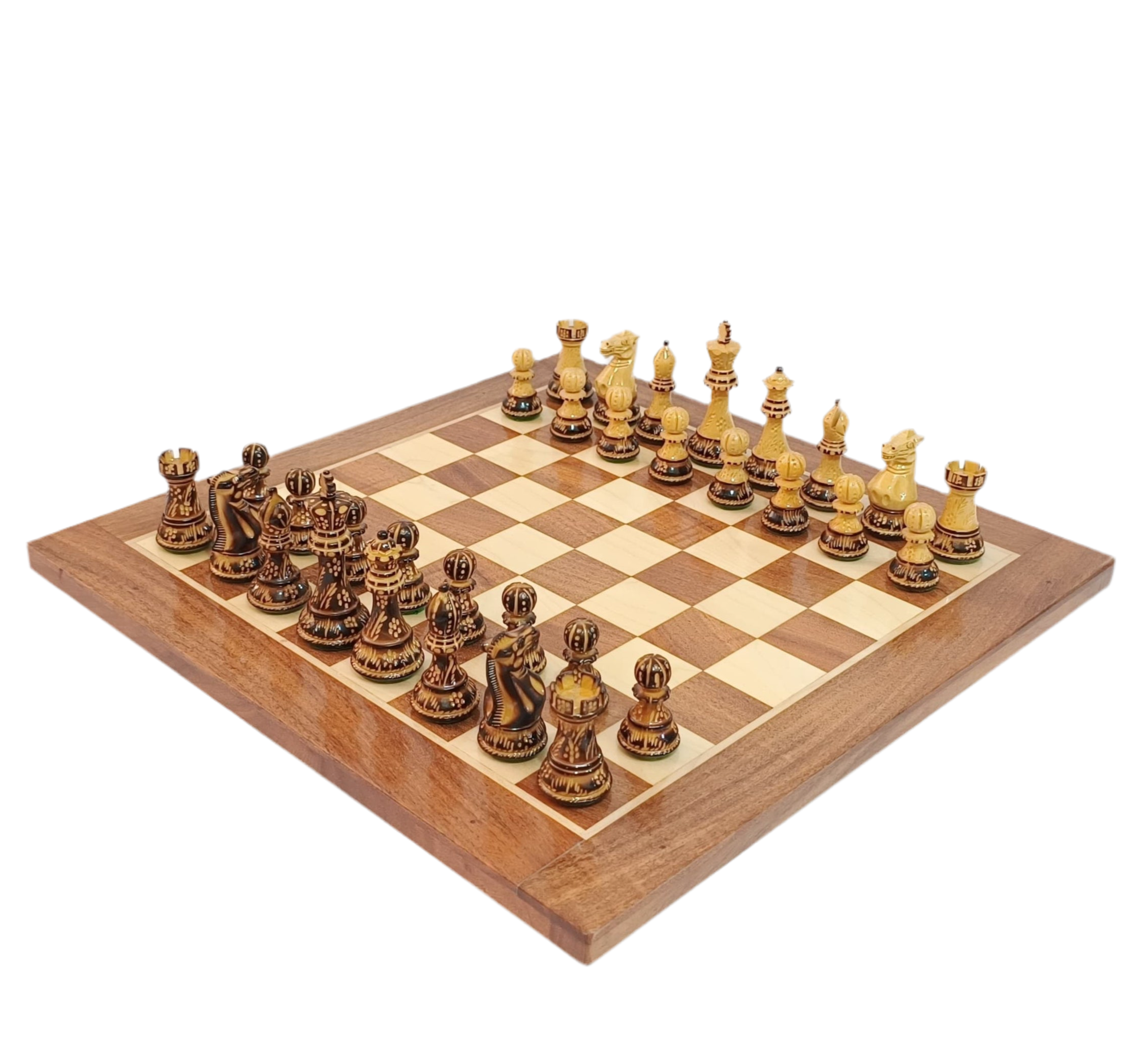
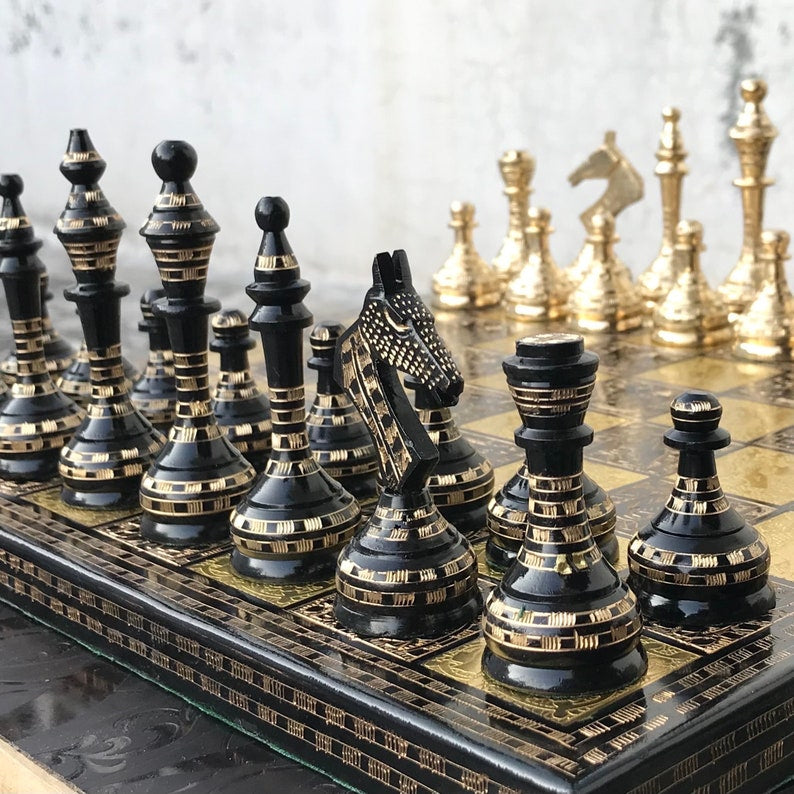
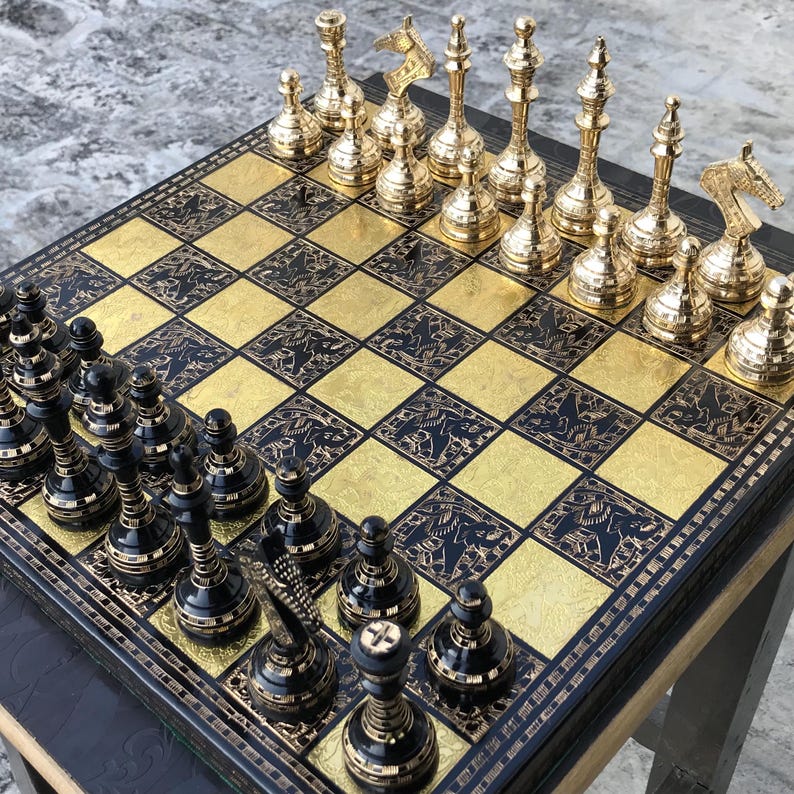
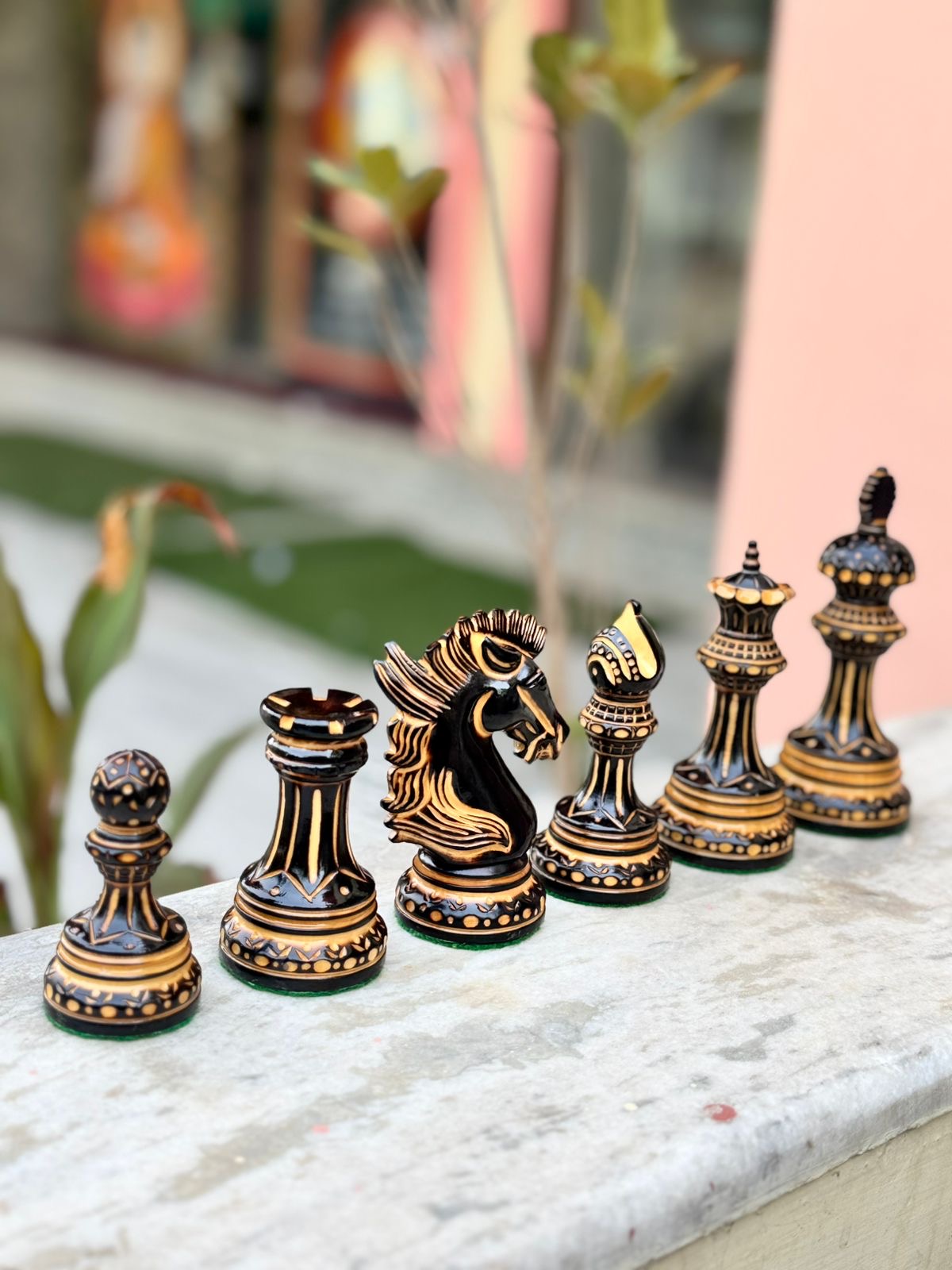
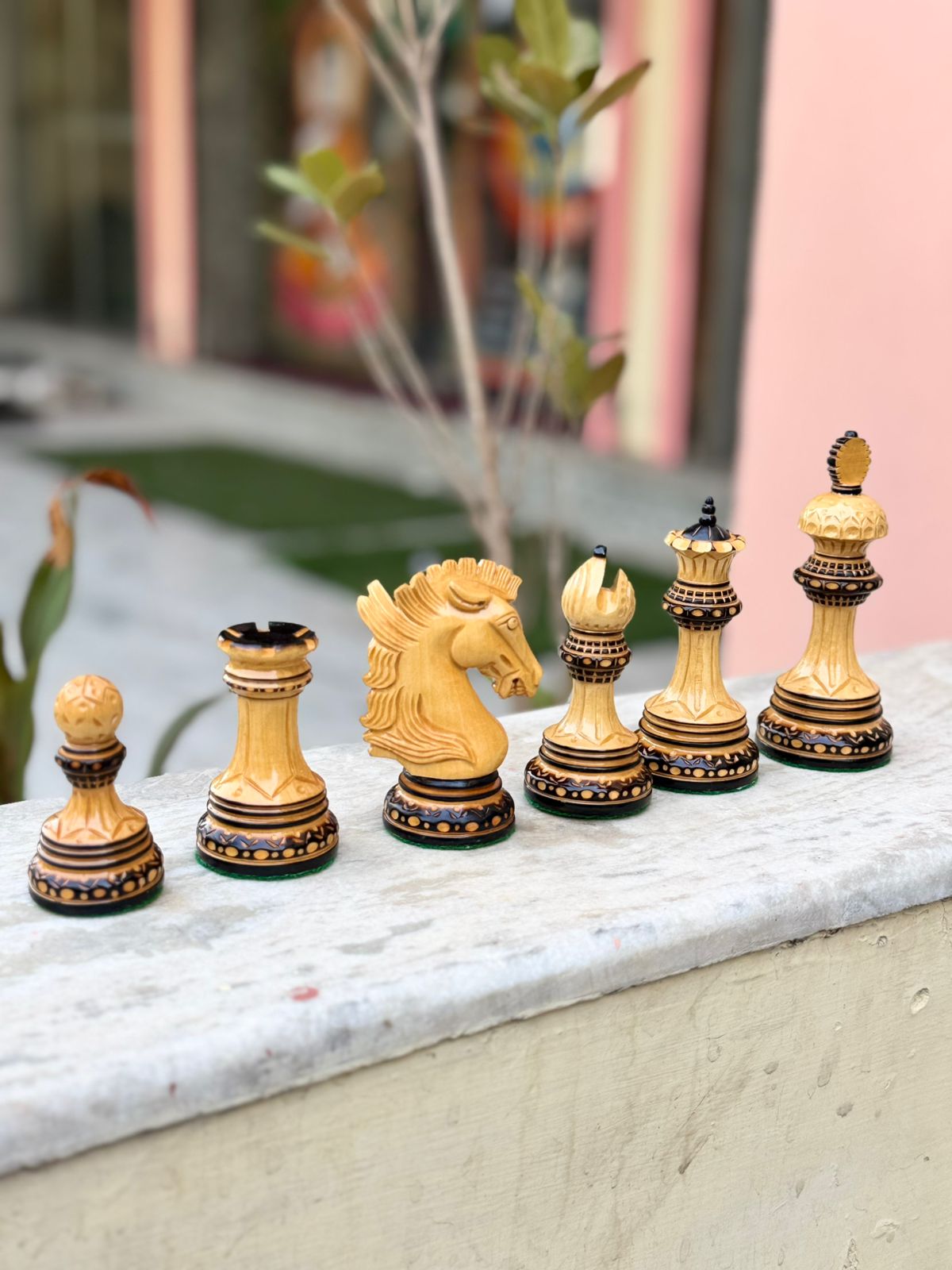
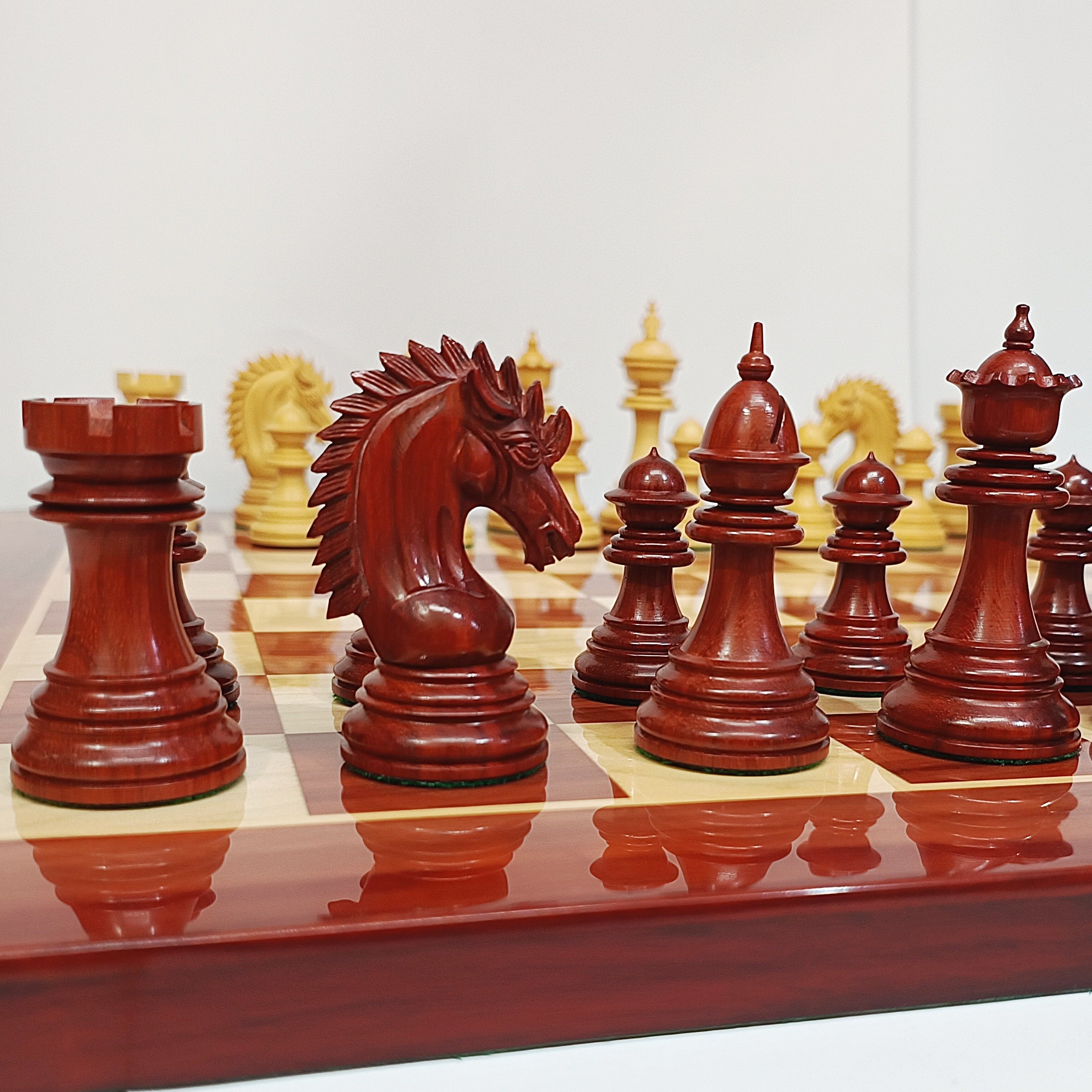
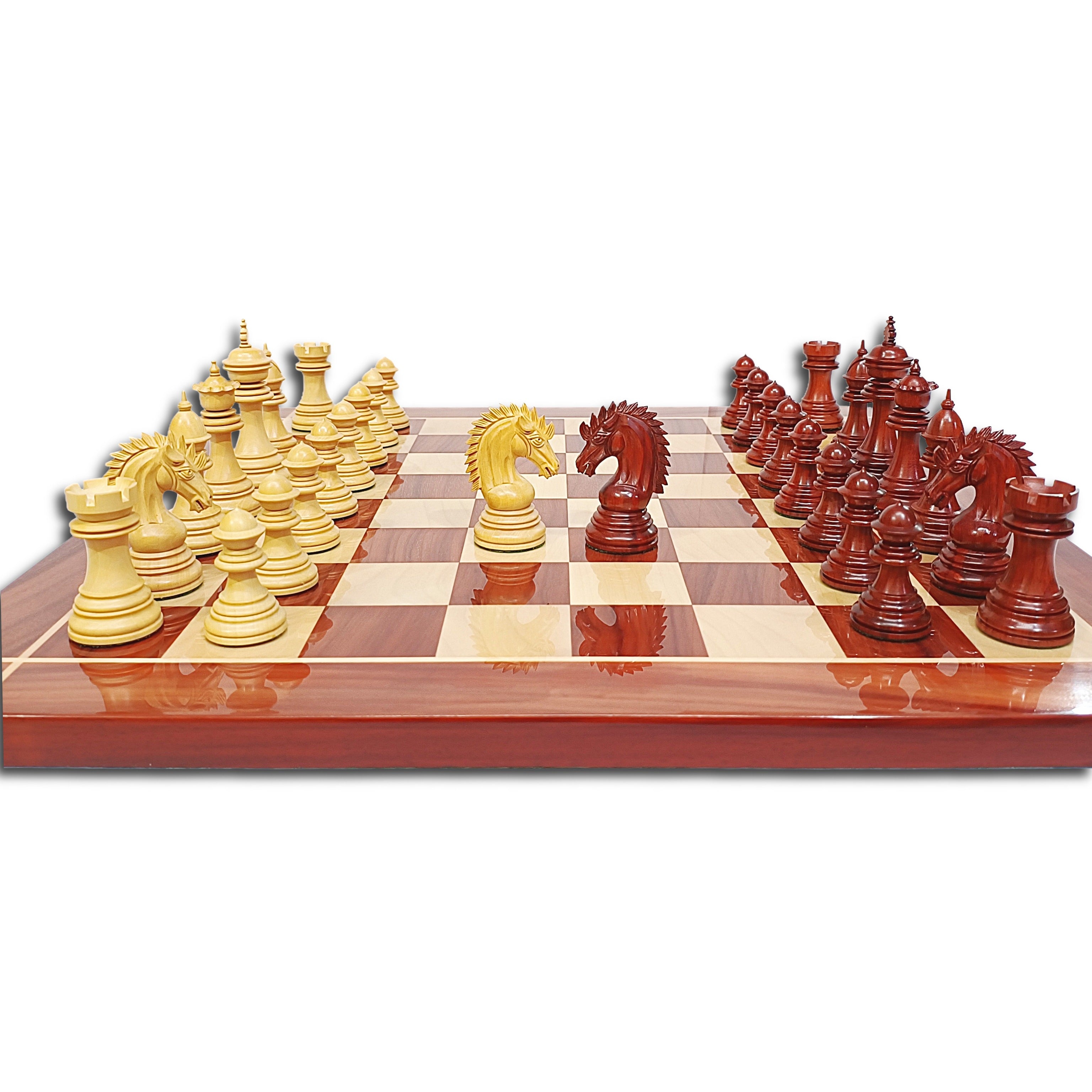
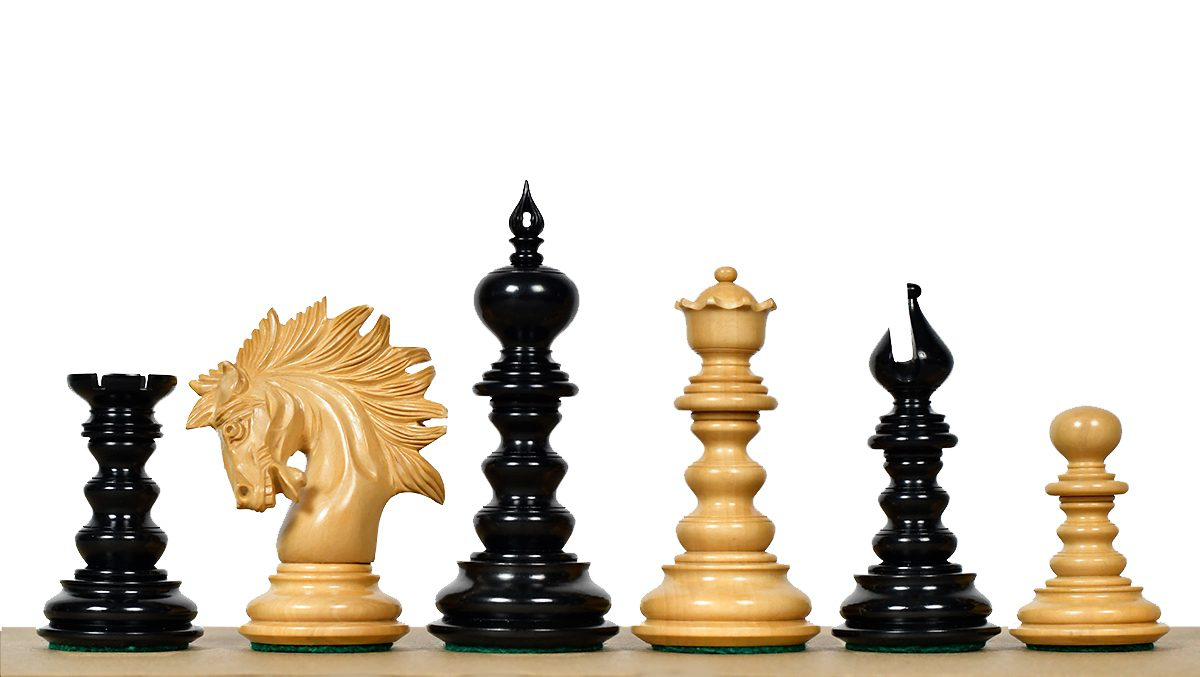
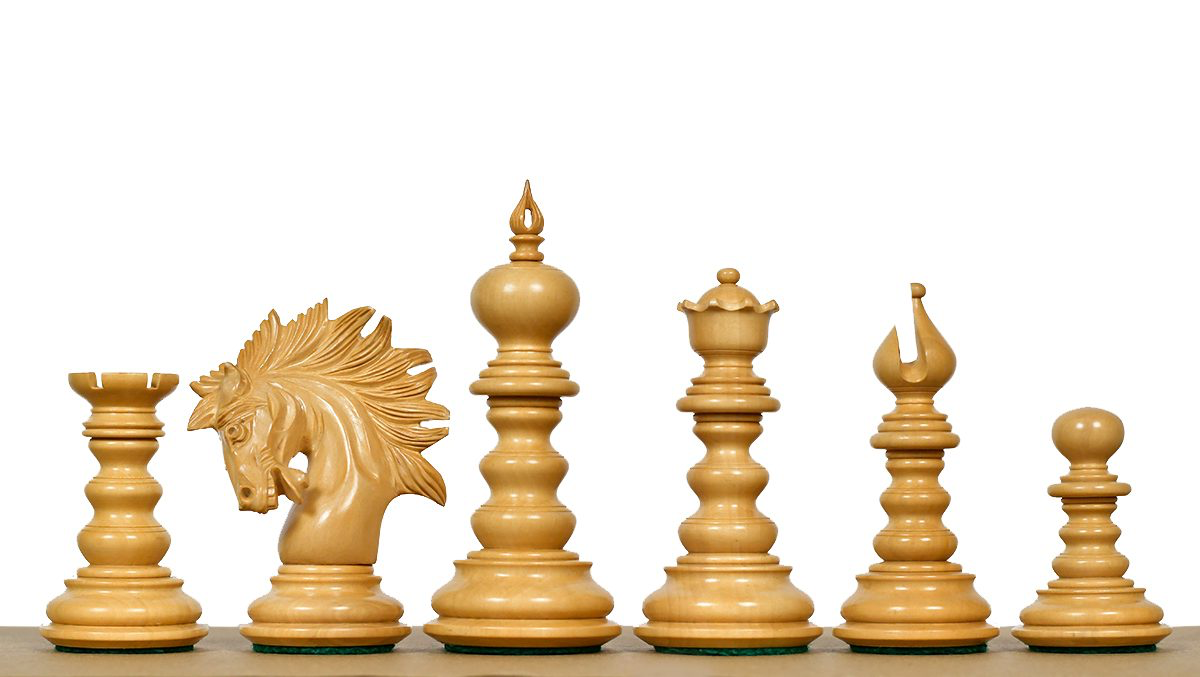
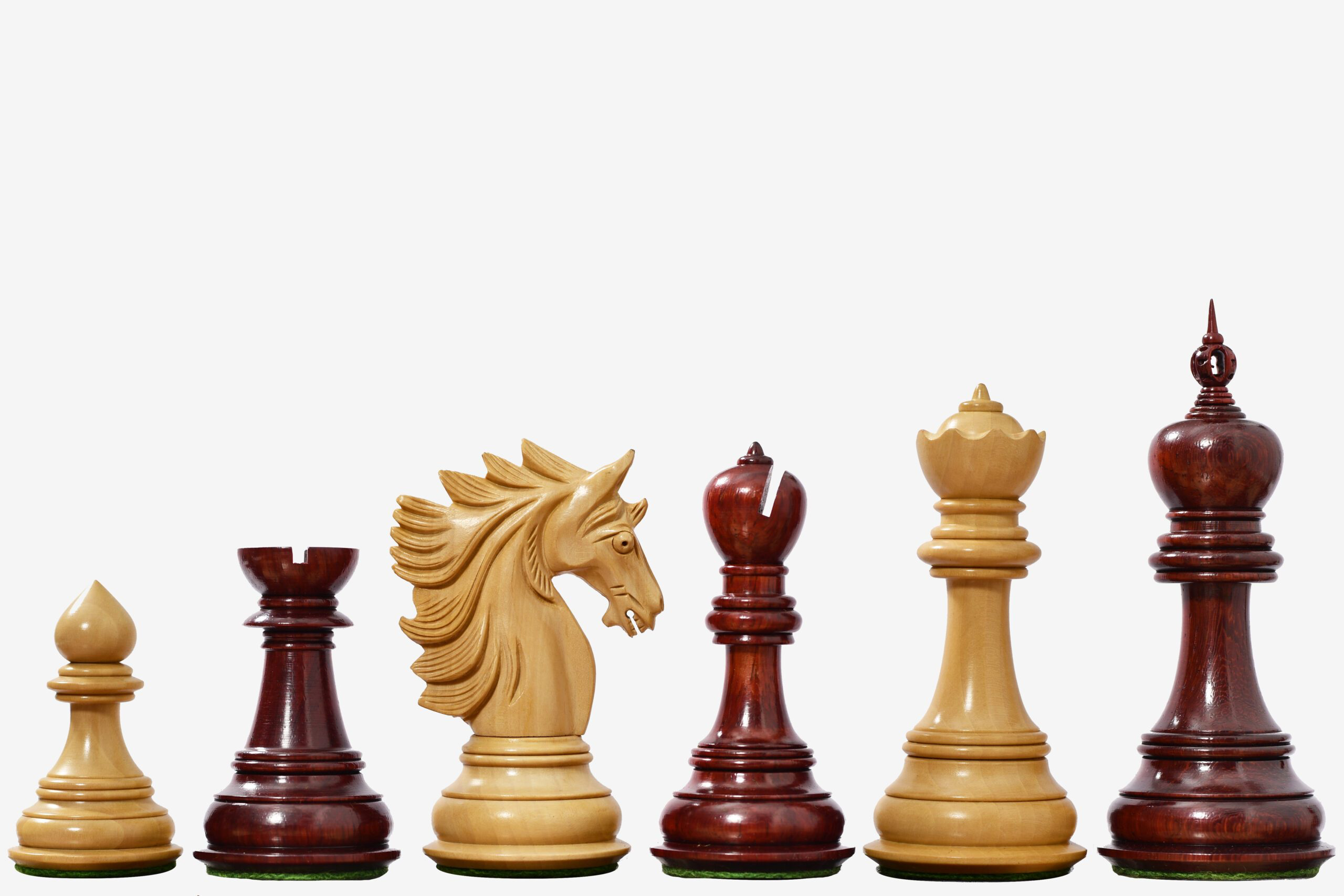
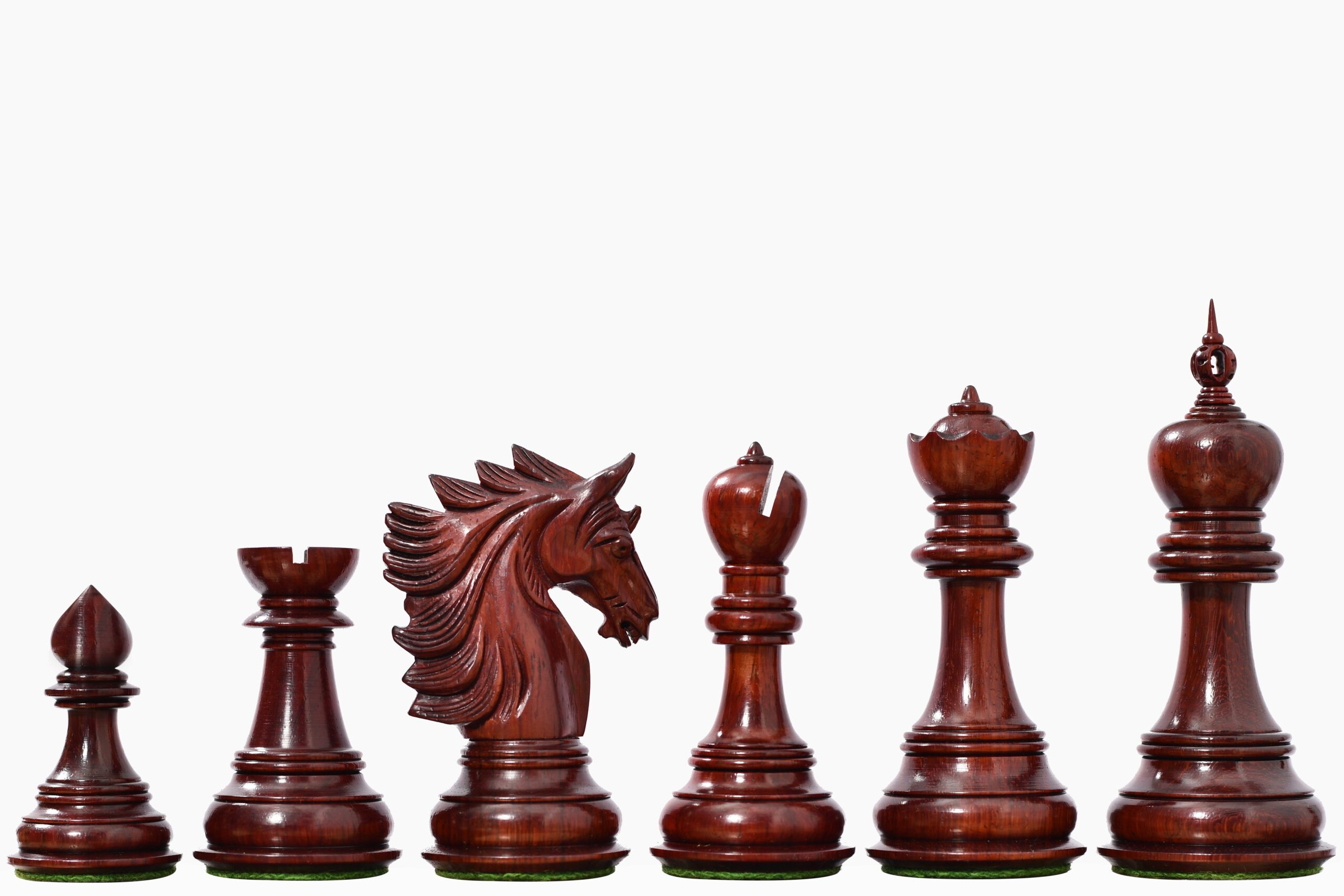
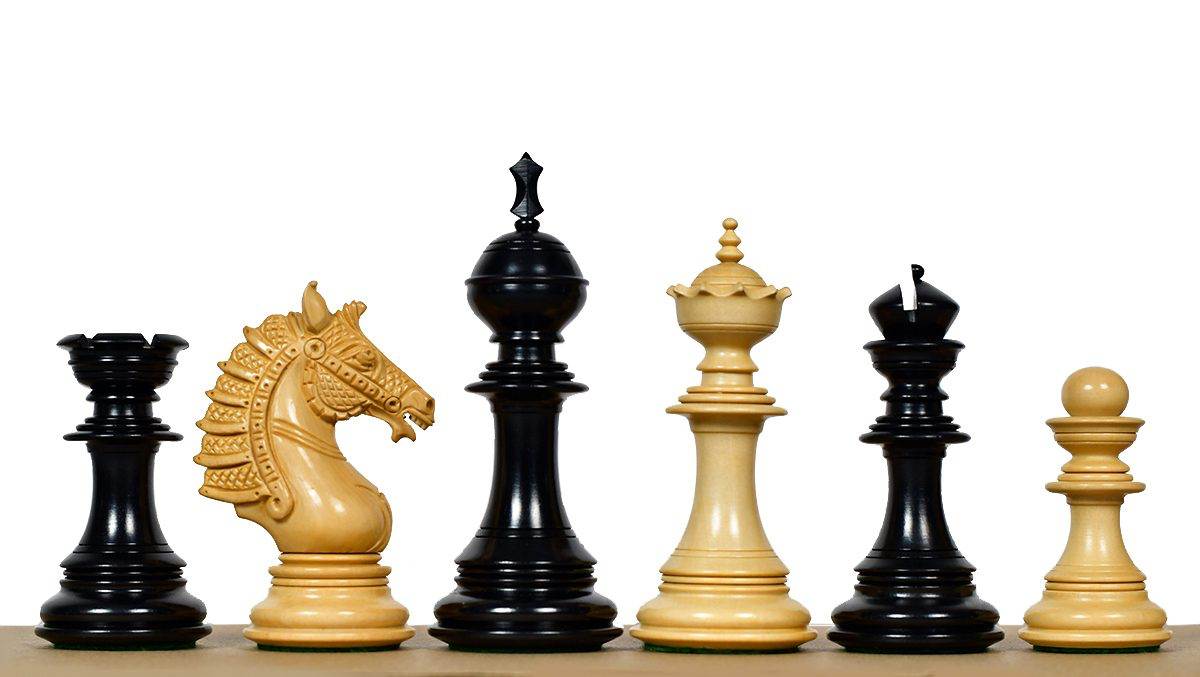
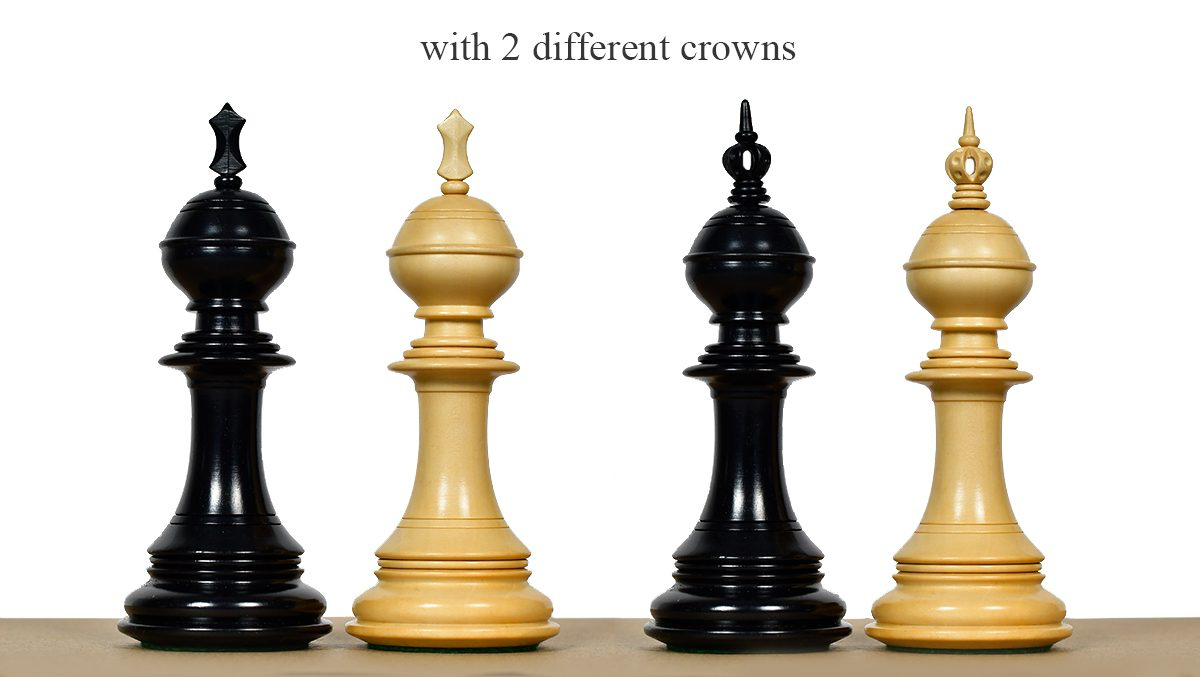
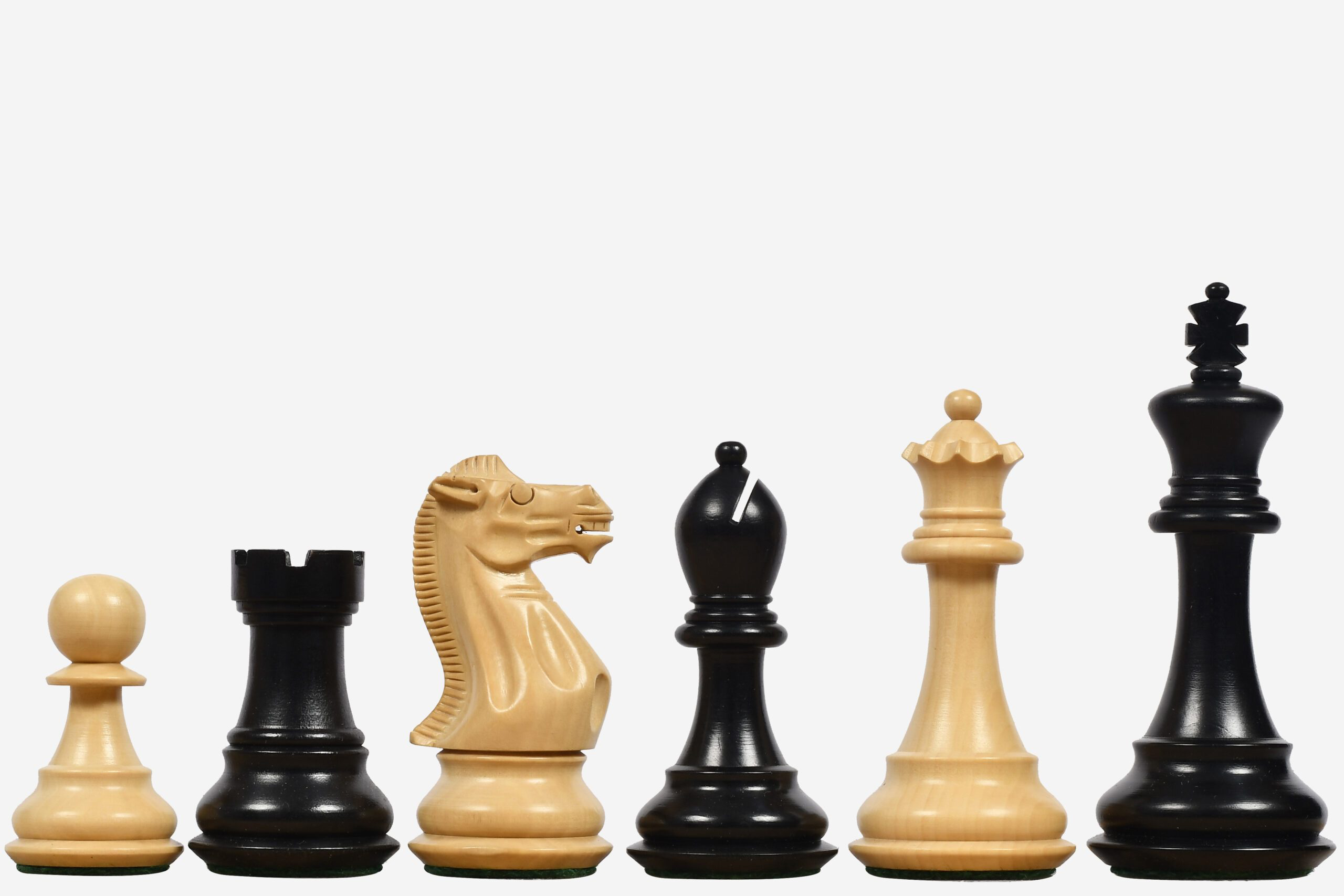
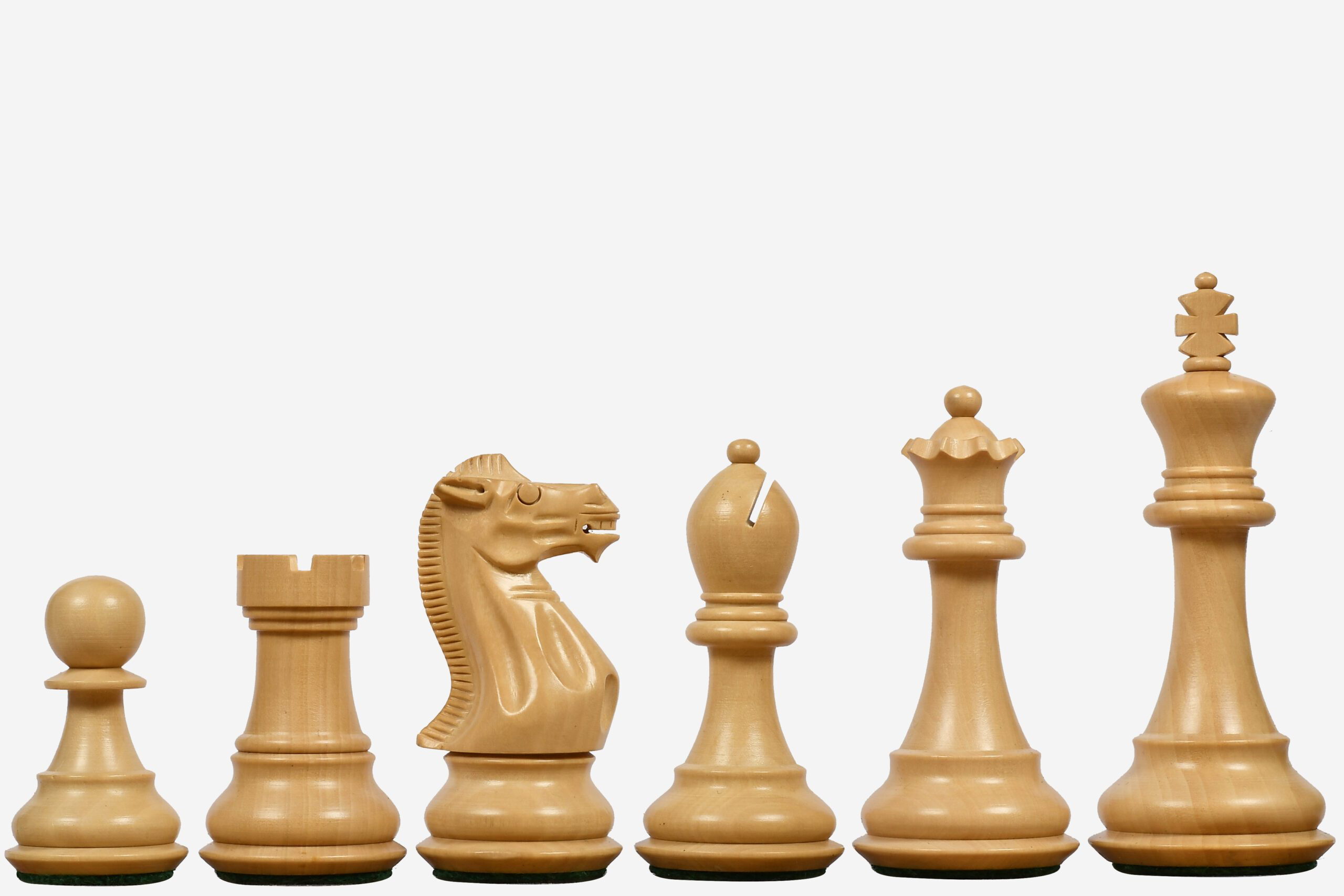
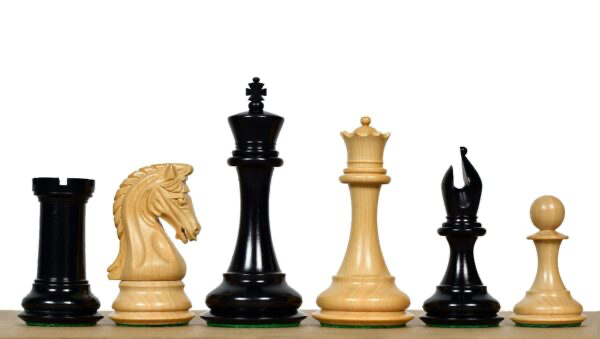
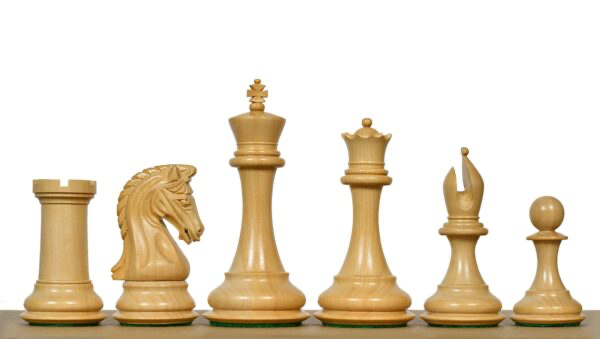
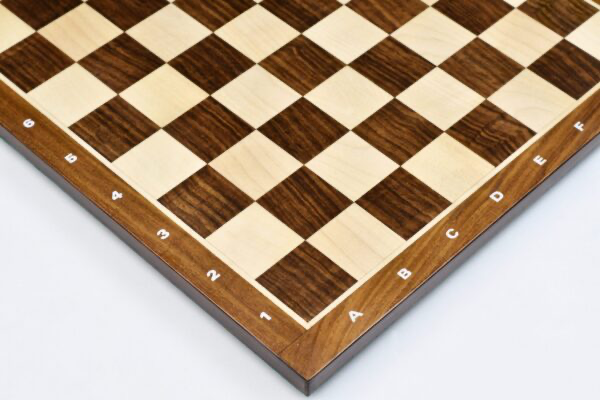
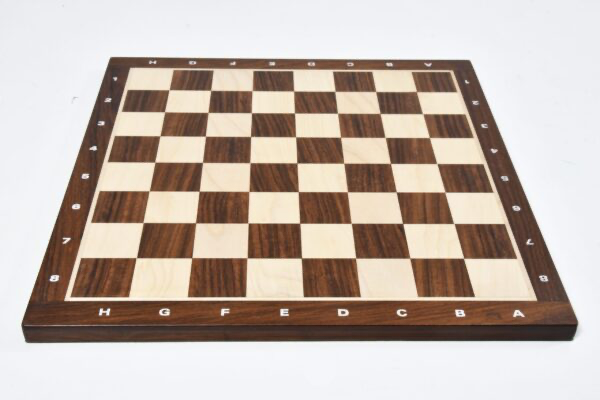
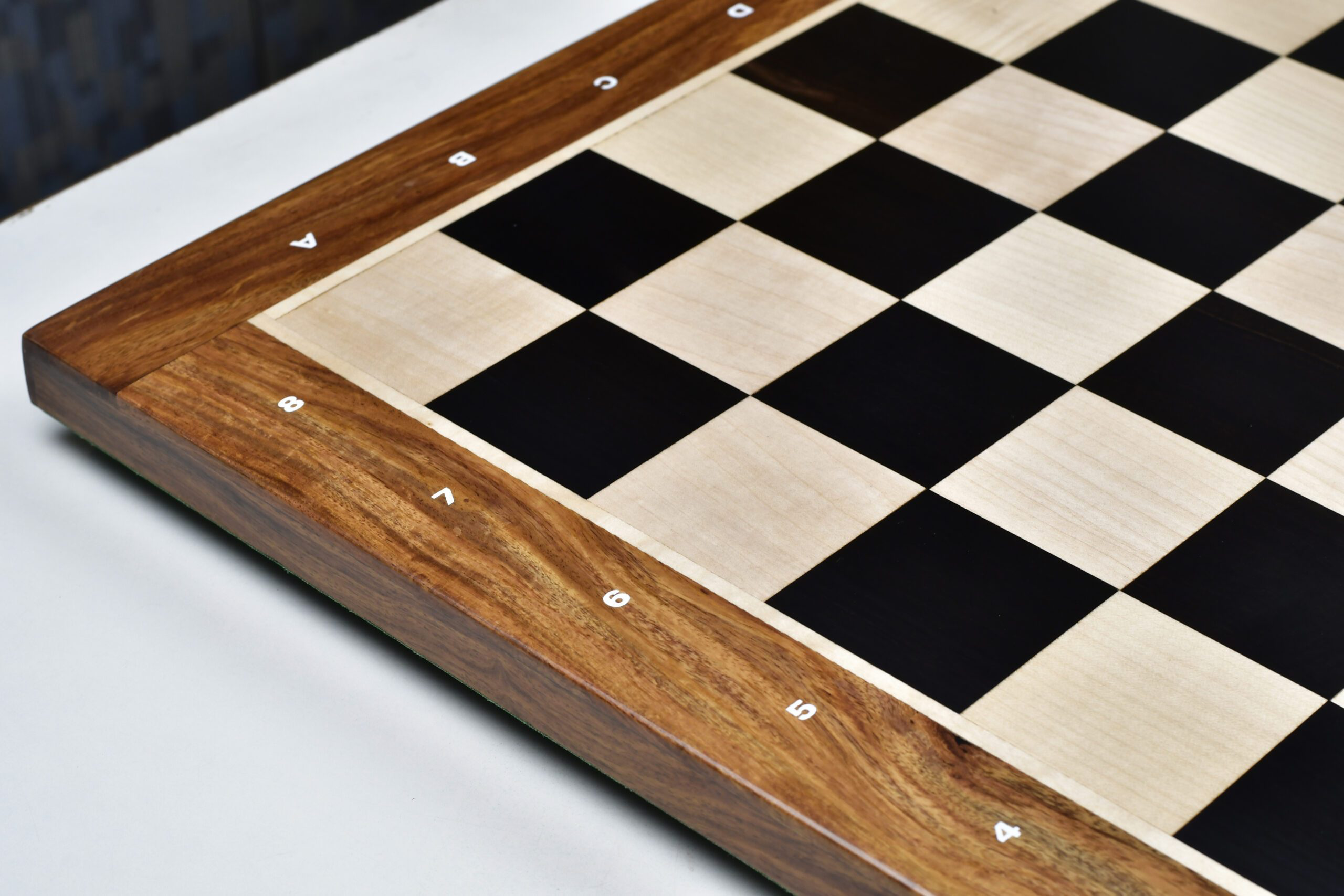
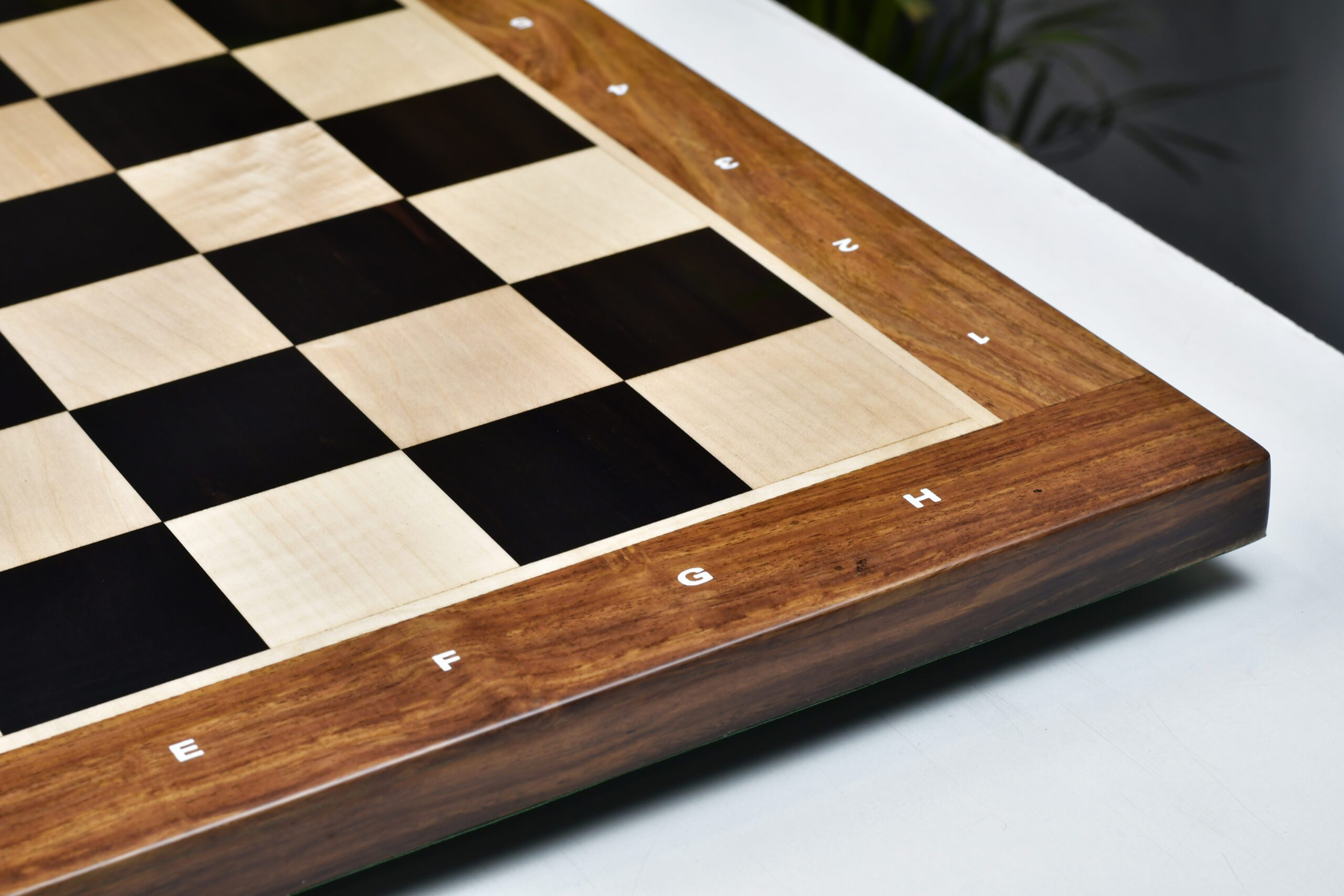
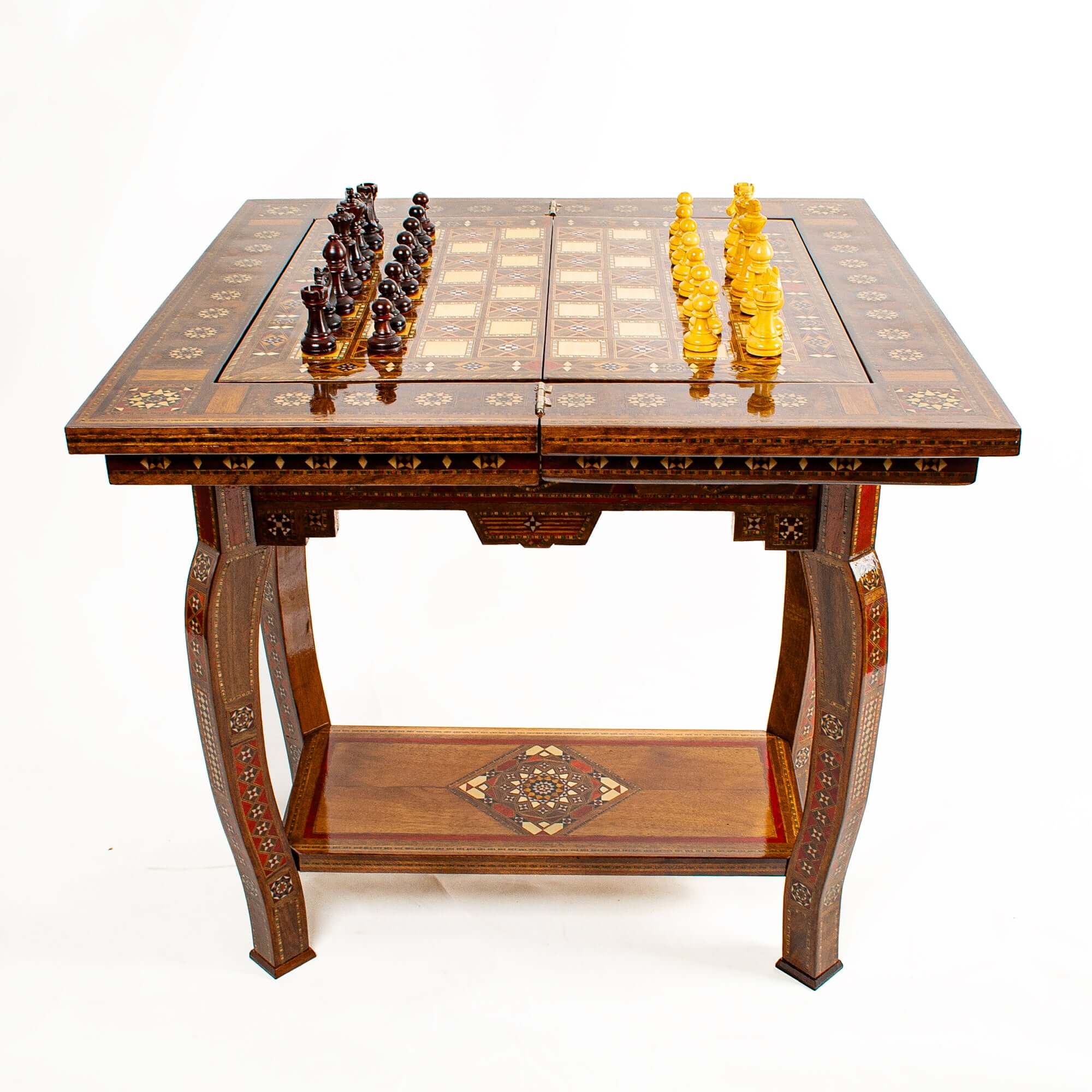

Leave a comment
All comments are moderated before being published.
This site is protected by hCaptcha and the hCaptcha Privacy Policy and Terms of Service apply.